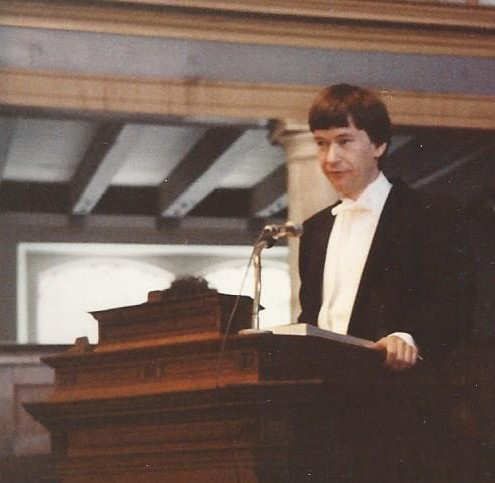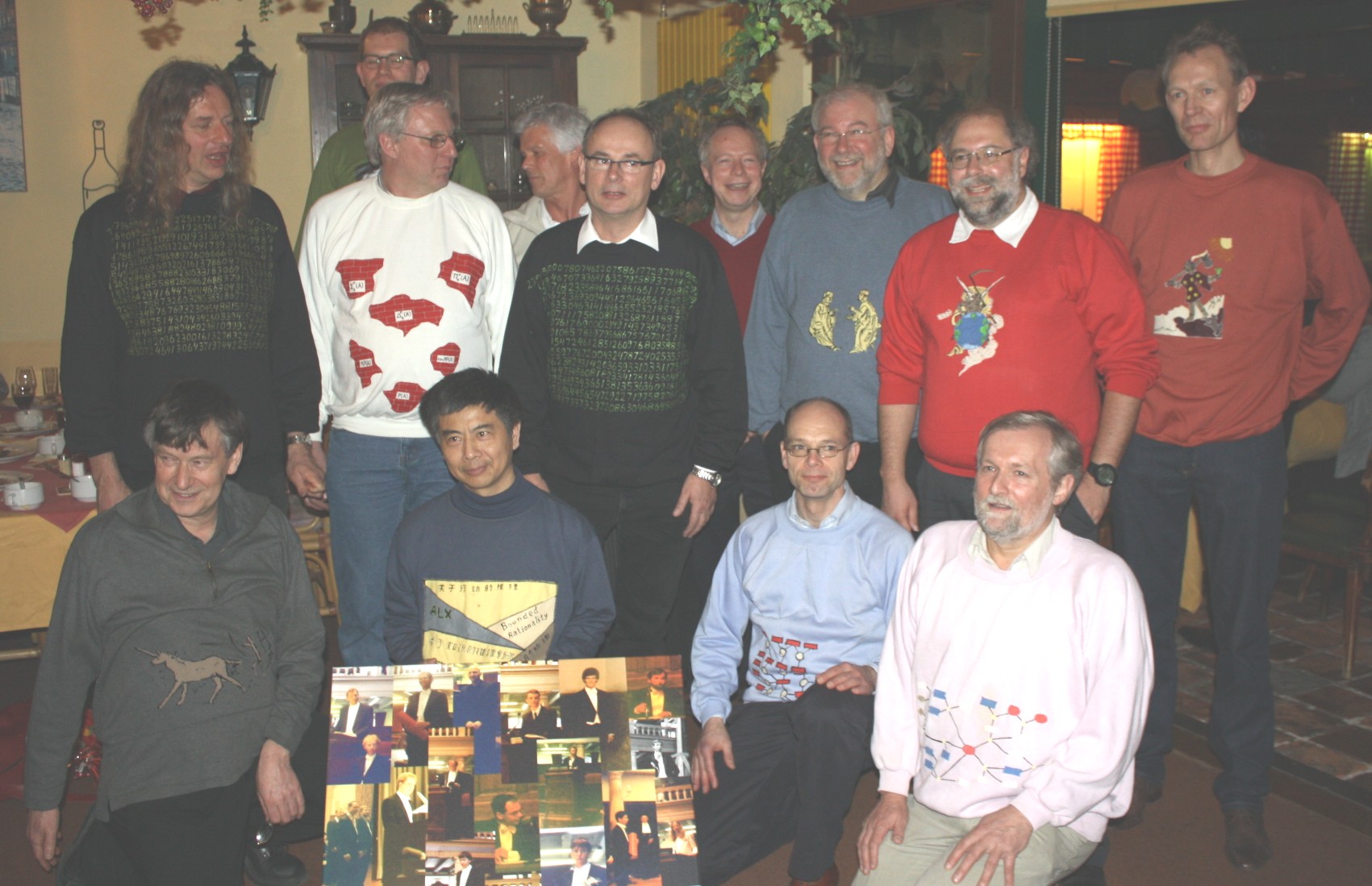Personal notes
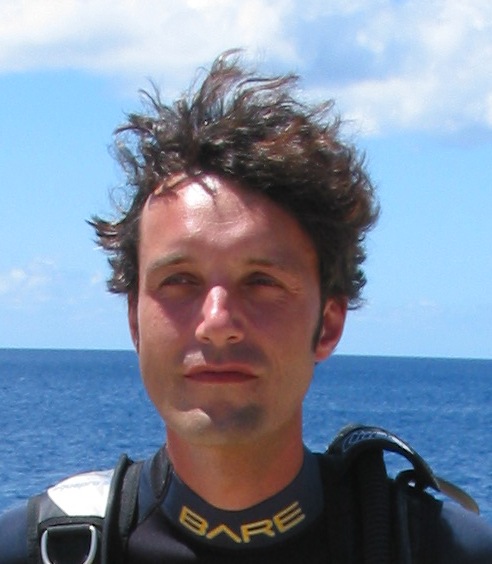 |
Ben je van plan om te komen? Ik ben zeker van plan te komen. -Joeri Engelfriet |
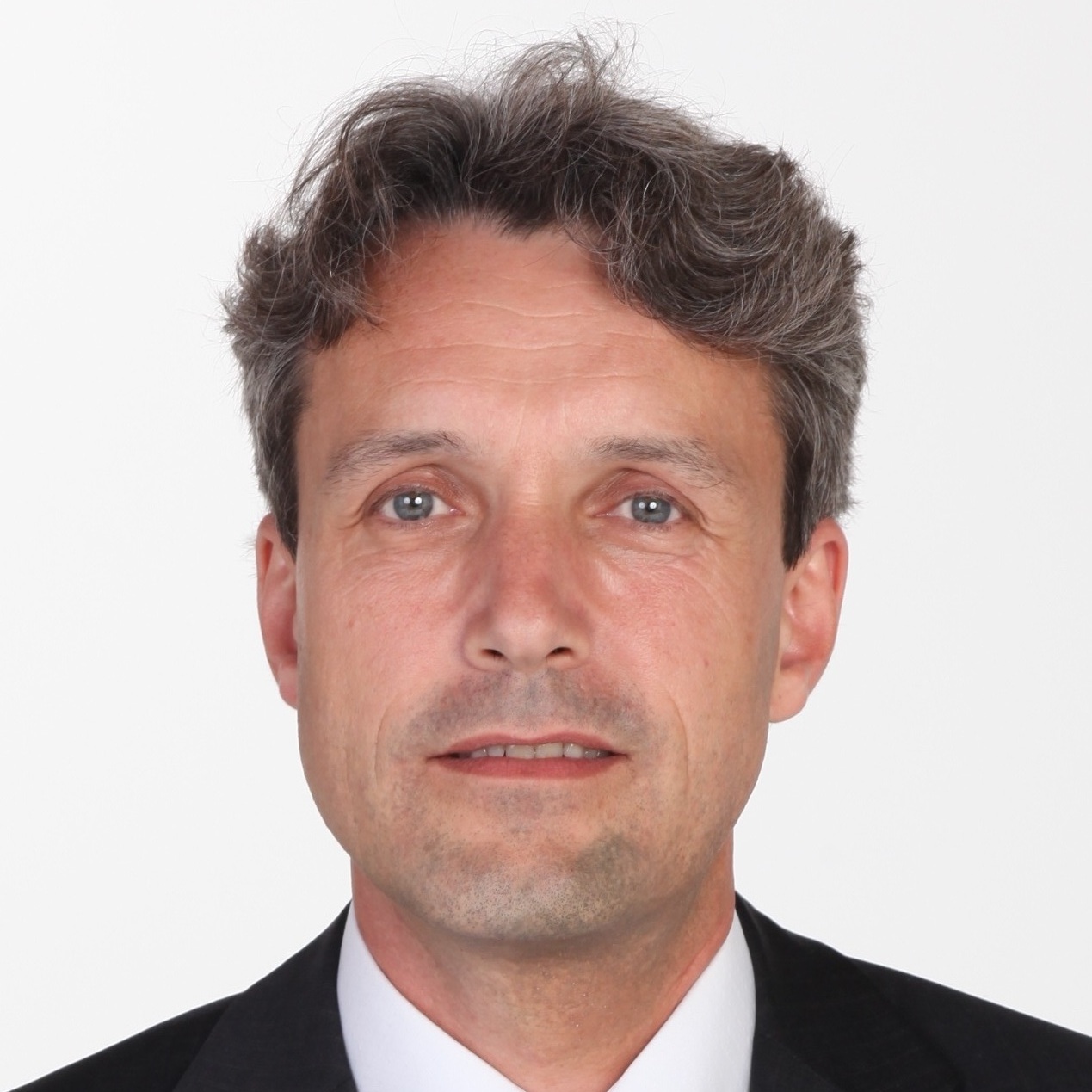 |
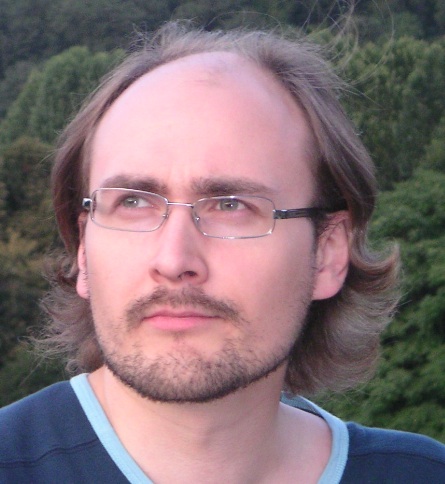 |
Do you intend to come over and take part in the celebration? For practical reasons it's improbable I can make it. What are you doing now? Since 2010 I work as an associate professor of logic [maître de conférences en logique habilité à diriger des recherches] at the Department of Philosophy of University of Lille 3, France. Is there still a connection with what you have learned from Johan? I'm teaching each year a course on the model theory of modal logic for first-year master students. More generally, Johan's critical but open attitude towards different developments within and around logic is inspiring. What is your most vivid memory from the days when you were studying with Johan? I haven't been Johan's student, but I have benefitted from interaction with him both while working for my thesis and afterwards. The most vivid memory from those days is undoubtedly Johan acting as my opponent in my PhD thesis defense in Helsinki (2004). Already before, his endless energy certainly struck me. Having barely made it to the hotel in Amsterdam after one of my first talks abroad in 2002, checking my e-mail in the hotel I -Tero Tulenheimo |
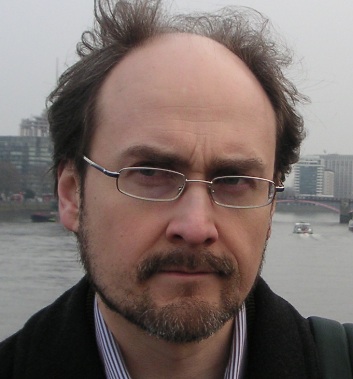 |
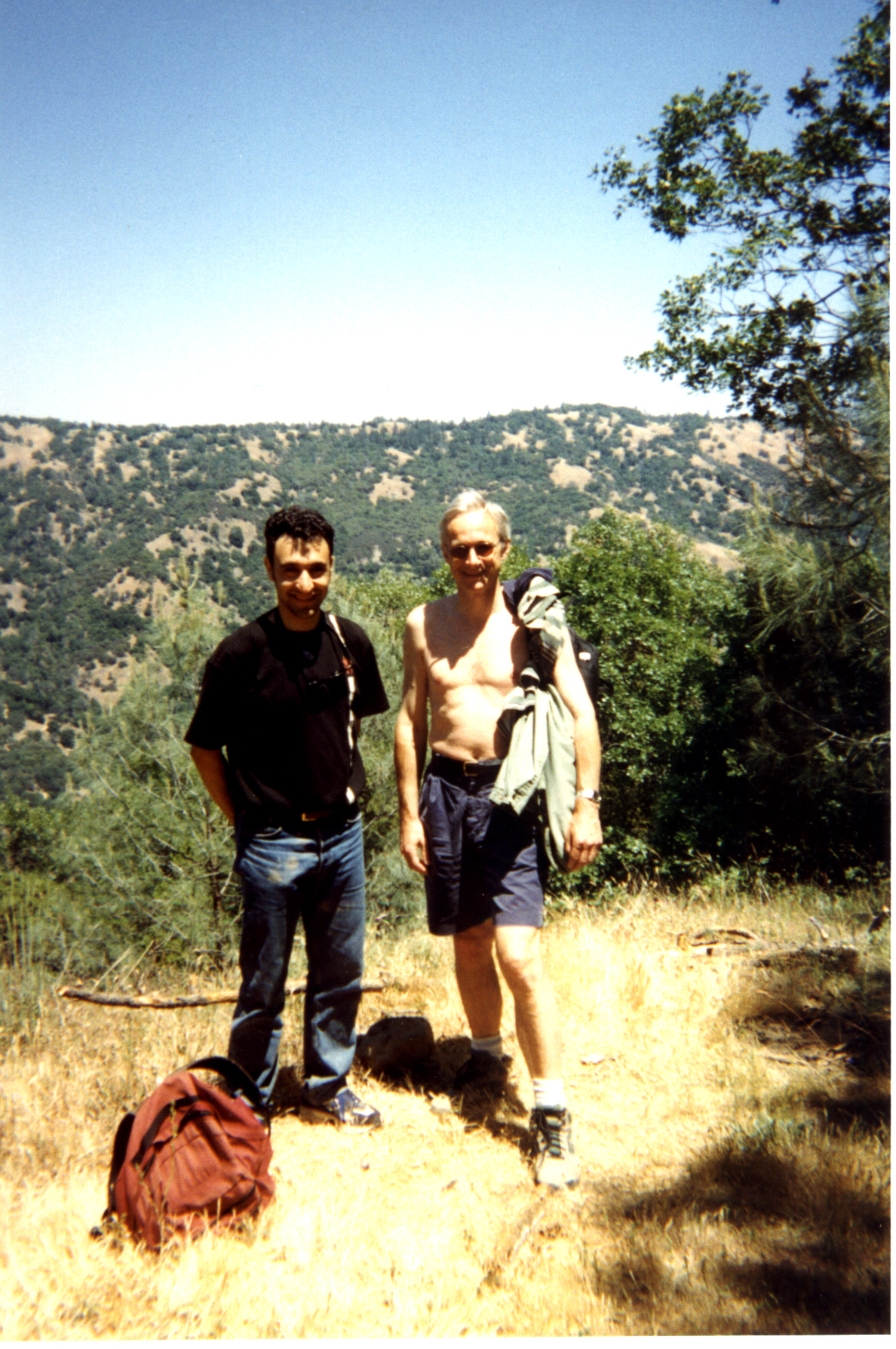 |
Do you intend to come over and take part in the celebration? I will definitely come for the valedictory lecture, unlikely I will attend on the following day and in the morning. What are you doing now? I'm Full professor of Distributed Systems in the Johann Bernoulli Institute for Mathematics and Computer Science at the University of Groningen (www.cs.rug.nl/~aiellom) Is there still a connection with what you have learned from Johan? After my PhD under the supervision of Johan on modal logics of space, I What is your most vivid memory from the days when you were studying with Johan? I will never forget a meeting with him in his office about one year into my PhD. At that point I was feeling stuck and unsure of what I was doing. He -Marco Aiello |
 |
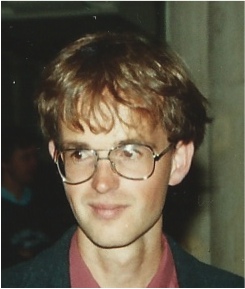 |
Ben je van plan om te komen? Ja Wat doe je nu? Ik werk als onderzoeker bij DANS (Data Archiving and Networked Services, http://www.dans.knaw.nl) Is er nog een verband met wat je destijds van Johan hebt geleerd? Niet zo gek veel, want ik ben niet in de logica verder gegaan. Wat is je het meest bijgebleven uit de tijd dat je bij Johan studeerde? De intellectuele lenigheid waar Johan in zijn vak en op meerdere terreinen van het leven steeds uiting aan gaf. De gewoonte om vraagstellingen om te keren: niet altijd zoeken naar de oplossing van een probleem, maar ook kijken naar de problemen bij oplossingen.De sterkste indruk was de eerste indruk:
-Dirk Roorda |
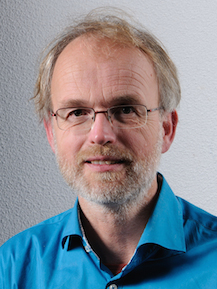 |
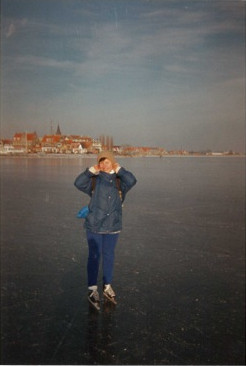 |
Do you intend to come over and take part in the celebration? I will try to come to the event. What are you doing now? Now I am an associate professor at the School of Computer Science, University of Nottingham, UK. Is there still a connection with what you have learned from Johan? There is still a definite connection in my work with what I have learned from Johan: most of my work involves modal logic in one way or another. I am also trying to use what I have learned from Johan's PhD supervision technique when supervising my What is your most vivid memory from the days when you were studying with Johan? This is one of my most vivid memories from the days when I was studying with Johan. PhD supervisions were on Mondays, and at some point Johan was supervising seven students, so we each got an hour. Our topics were quite different, and it was amazing how fast he switched between them, got very deep into the problem I was working on, and made suggestions that clarified things much more than me thinking about them for a week on my own. -Natasha Alechina |
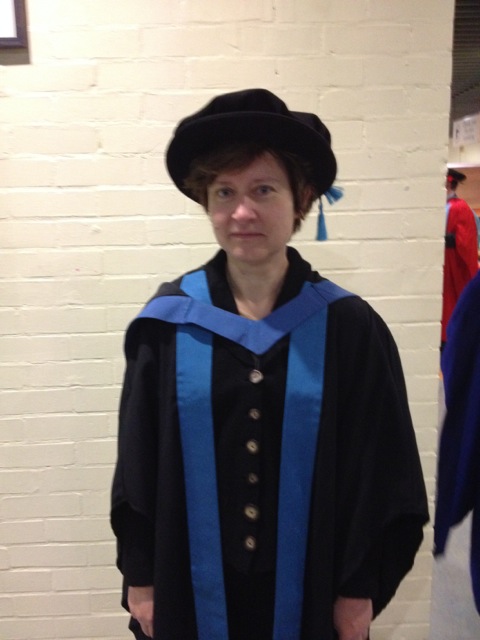 |
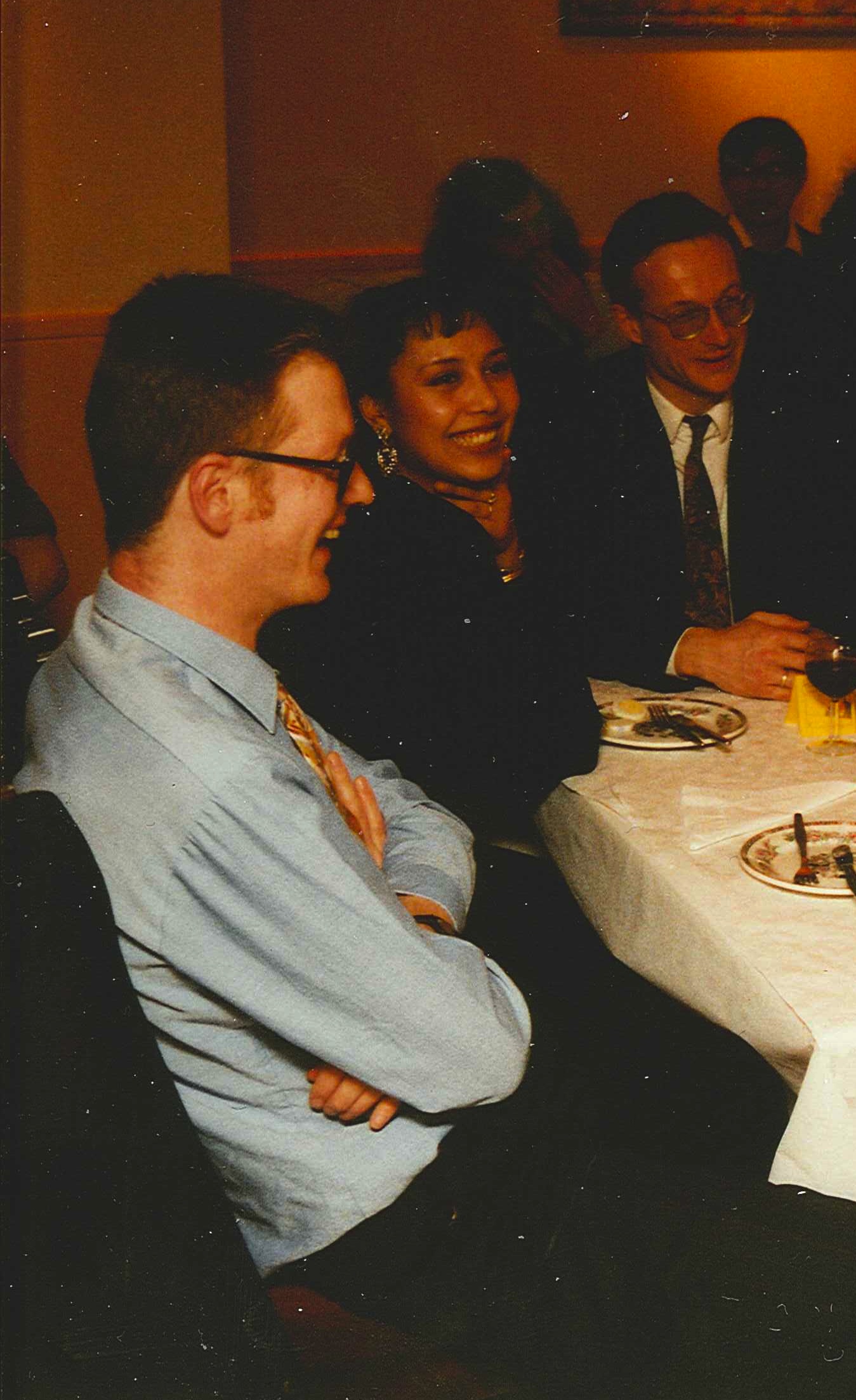 |
-Kees van Deemter |
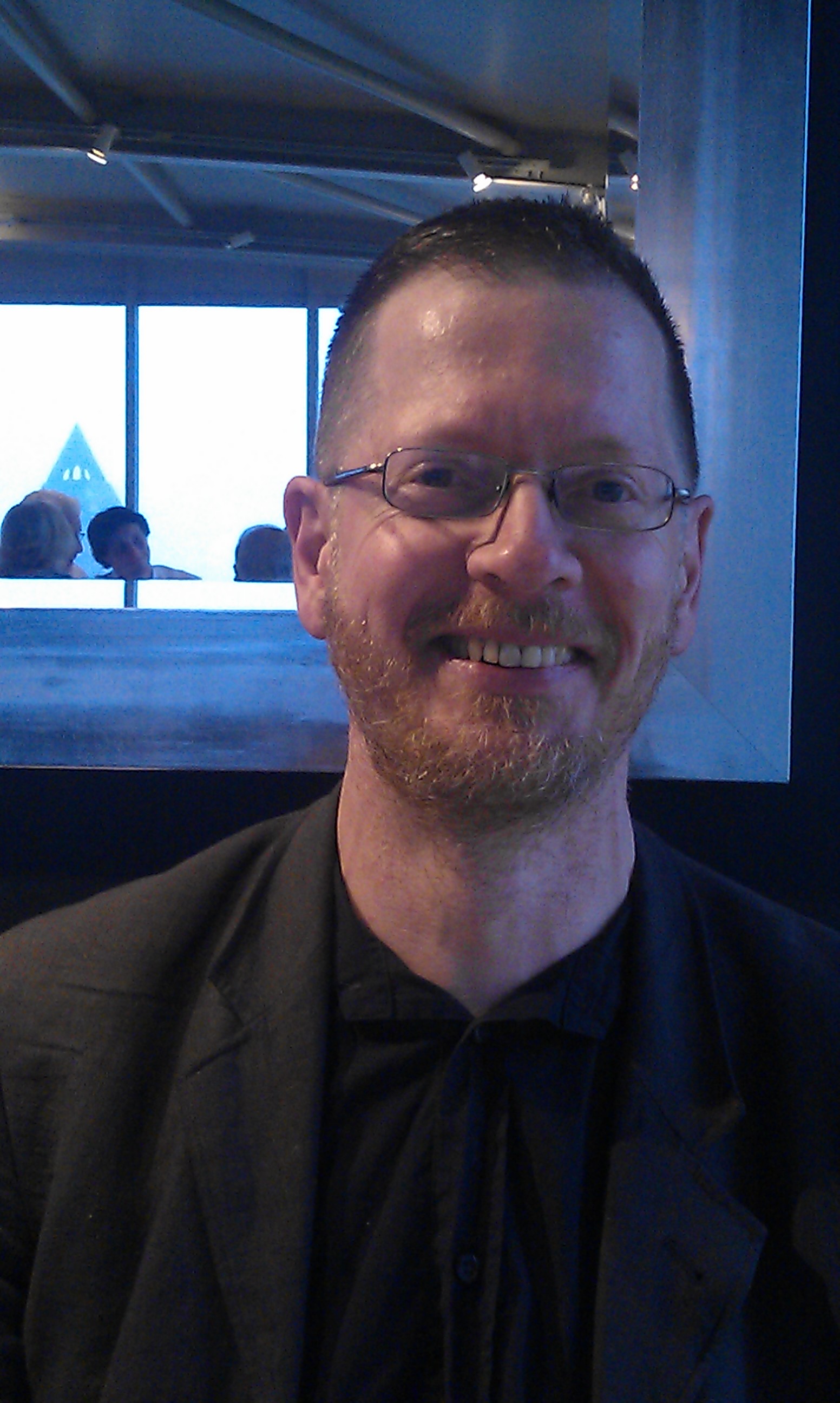 |
|
|
Wat doe je nu? Ben na 20 jaren werken in de geneeskunde (arts) teruggekeerd naar de filosofie. Schrijf en maak beeldende kunst. Is er nog een verband met wat je destijds van Johan hebt geleerd? Ja zeker, mijn denken is mede gevormd door de studie filosofie i.h.b. de logica. Wat is je het meest bijgebleven uit de tijd dat je bij Johan studeerde? Brille en enthousiasme van Johan. Speciale herinneringen aan de 'logicaclub', een periodiek samenzijn van studenten en Johan thuis bij Johan. Was zeer inspirerend. -Rob de Moes |
 |
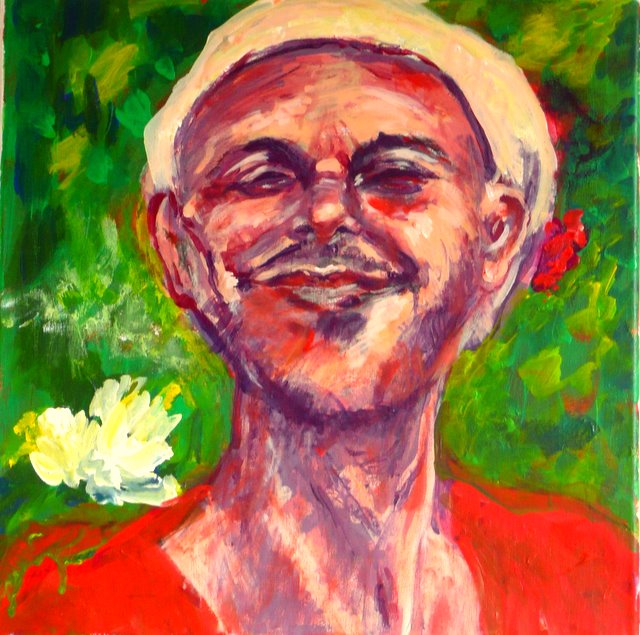 |
Ben je van plan om te komen? Ja. Wat doe je nu? Universitair Docent informatica aan de Universiteit van Amsterdam. Is er nog een verband met wat je destijds van Johan hebt geleerd? Ja, elke dag. Zowel in het geven van onderwijs, dat Johan als de beste kon en dat ik probeer na te volgen, als in zijn manier van denken en onderzoek doen. Nog elke dag gebruik ik logische technieken die ik van Johan geleerd heb. Wat is je het meest bijgebleven uit de tijd dat je bij Johan studeerde? Dit is me niet het meest bijgebleven, maar wel typisch voor Johan, en de groep om hem heen. We zaten in een gemeenschappelijk logica-taal-filosofie-informatica seminar in een kamer aan de binnentuin van de Vendelstraat. Het was erg heet, maar de ramen waren dicht, vanwege tropische bongo en dans klanken vanuit het aanpalende Crea-gebouw. Peter van de Emde Boas stelde een van zijn typische vragen. De spreker was aardig van slag, de voorzitter (Paul Dekker) suste de ongemakkelijke situatie, en de lezing ging weer verder. Na een minuut of 10, 15 sprong Johan op uit zijn stoel en riep "Ah nu begrijp ik Peter's vraag!". Iedereen keek hem vol ontzag aan. Johan ging weer zitten en de spreker vervolgde zijn lezing. -Maarten Marx |
 |
|
Ben je van plan om te komen? Ja. Wat doe je nu? Logicus in Diaspora, bij het Instituut voor Informatica van de UvA. Is er nog een verband met wat je destijds van Johan hebt geleerd? Ja. Inhoudelijk wel indirect. Wat is je het meest bijgebleven uit de tijd dat je bij Johan studeerde? Het onverstoorbaar optimisme waarmee hij een heel ander college gaf dan in de syllabus stond. -Piet Rodenburg |
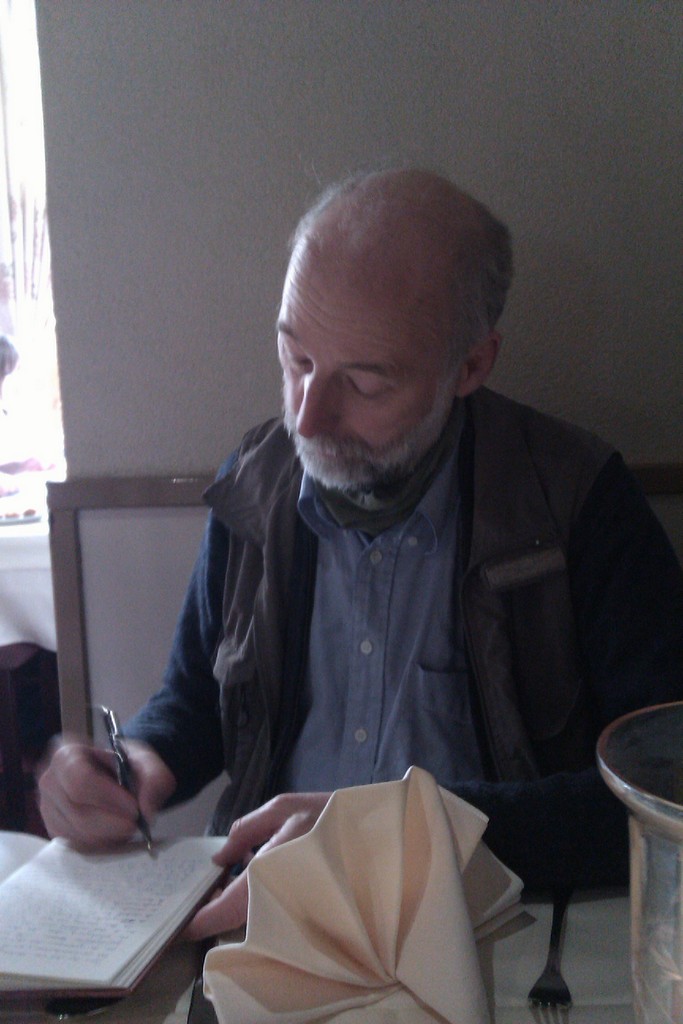 |
|
|
Do you intend to come over and take part in the celebration? Yes! (But can't commit yet) What are you doing now? I am Professor and Head of the Agent ART group at the Computer Science Department at the University of Liverpool. Is there still a connection with what you have learned from Johan? Definitely! My work is all based around logical approaches to multi-agent systems. What is your most vivid memory from the days when you were studying with Johan? I met Johan in 1985 in Groningen, when I did my master's thesis under his supervision. This was a very exciting time for me: my background was not an academic one, and his lectures, supervision and personality had a decisive influence on my decision to try and become a logician. There is one little anecdote that comes up in my mind first when thinking back to this period. I became Johan's teaching assistant for his introductory course in logic, which was taken by students in Philosophy, Mathematics and Computer Science. The exam was taken by about 45 candidates, and, because this was all new for me, I felt relieved when Johan offered to mark half of the manuscripts. When I took my 22 manuscripts home after the exam, I remember Of course this little story has special value for me because of the overall context of the exciting period of being a student. But it also demonstrates some typical features of Johan, whose inspiring effect on his students and everybody around him needs no further evidence. It demonstrates how extremely efficient he is in dealing with the everyday chores of academia, and also how constructively and positively he deals with those entrusted to his care. -Wiebe van der Hoek |
 |
|
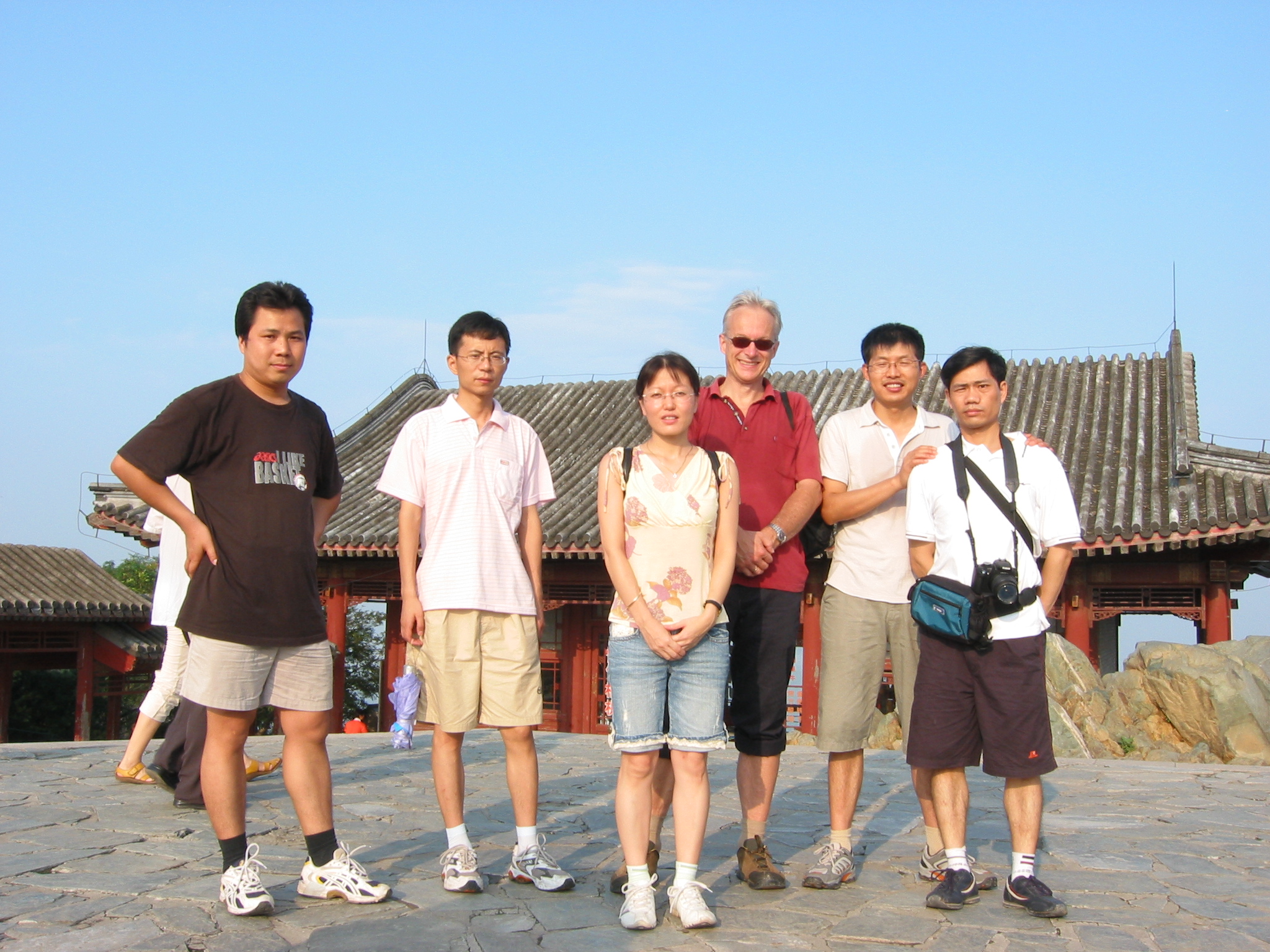 |
Do you intend to come over and take part in the celebration? YES. What are you doing now? I am now a full professor of logic at the Department of Philosophy, Tsinghua University, China. Is there still a connection with what you have learned from Johan? Yes, definitely. My current research on social dynamics of information flow is within the grand program that Johan has put forward in the last decades. Dynamic epistemic logic that I learned from Johan in Amsterdam has been the main tool for me to study those social phenomena. What is your most vivid memory from the days when you were studying with Johan? I still remember the whole process of writing the first paper on "dynamic logic of preference upgrade" with Johan, our discussion, his written notes, etc. I learned how to make ideas into an academic paper. -Fenrong Liu |
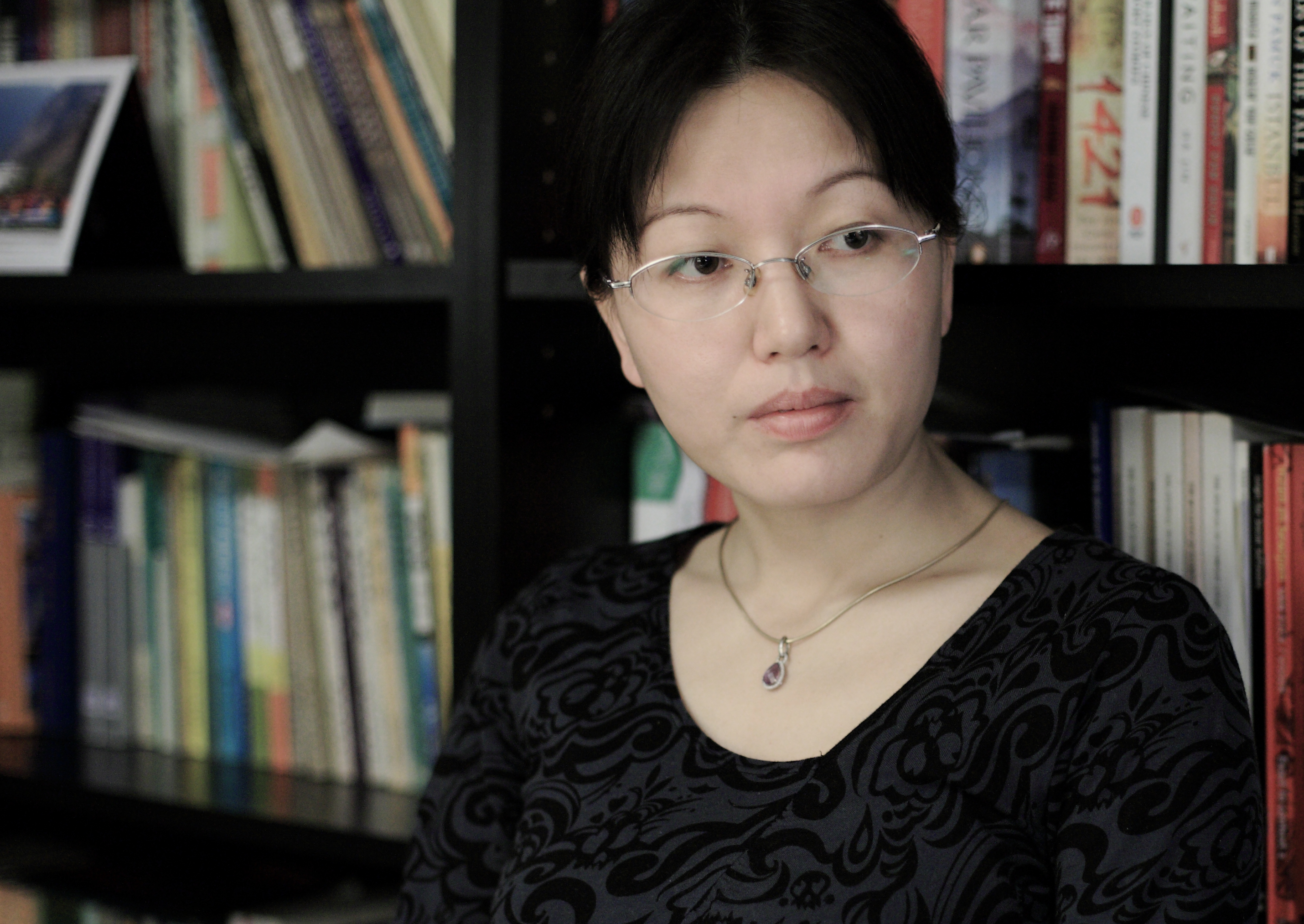 |
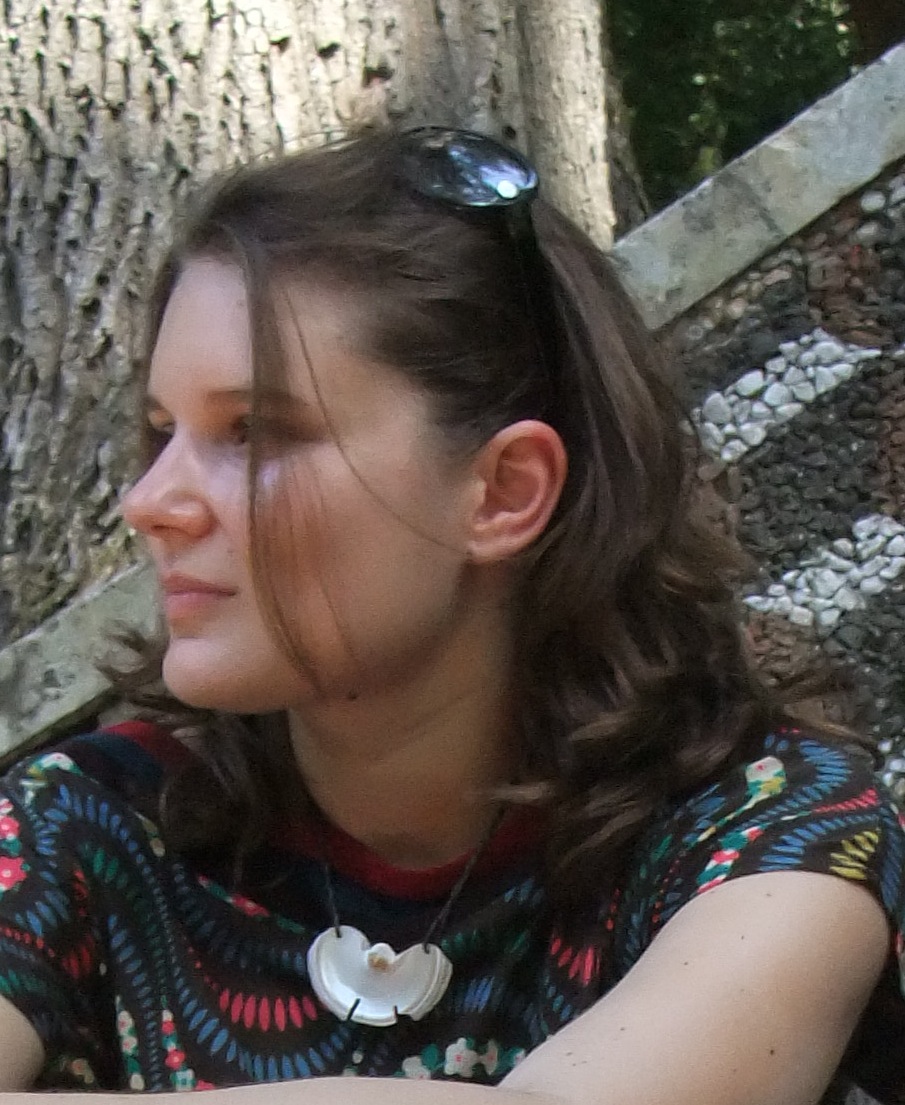 |
Do you intend to come over and take part in the celebration? No. As I live in Chile, I am rarely in Europe. What are you doing now? I am doing a postdoc in computer sciences at the University of Chile. Is there still a connection with what you have learned from Johan?I think this has been true for most teachers I met: I got to learn more about life and human nature than a special topic, whether they do this consciously or unconsciously, pedagogically or abruptly. From Johan I learned something about the power of doing what one feels passionate about, and the power of the boldness and the audacity that may come with it. What is your most vivid memory from the days when you were studying with Johan? I could talk about his mind velocity, his abilities to make connections, or the depth of his questions. But actually there are a lot of intelligent people around. Of course each of them with a unique mind. I remember the pictures of landscapes that Johan would attach to some of his emails, the long conversations about unrelated topics, a soft dutch light at a meeting at the Grote Markt in Haarlem. -Gaëlle Fontaine |
 |
 |
I first met Johan at ESSLLI in 2004, the summer before I would come to Amsterdam for the Master of Logic. Johan gave a talk in a workshop on guarded fragments, on the final day. I had not attended the rest of the workshop because I knew it was beyond my reach, but I did go to this session because I was curious to see Johan. I went together with Tomasz Sadzik, whom I had met earlier that week at the summer school, and who would later also become a student of Johan's. The talk made a life long impression. Seemingly out of nothing, Johan playfully constructed a fascinating complex of ideas. I probably didn't understand most of it, and yet it was so fascinating and beautiful. It was something I had never experienced before and it literally hit me in the face: I couldn't say a word for about ten minutes after the talk. -Floris Roelofsen |
 |
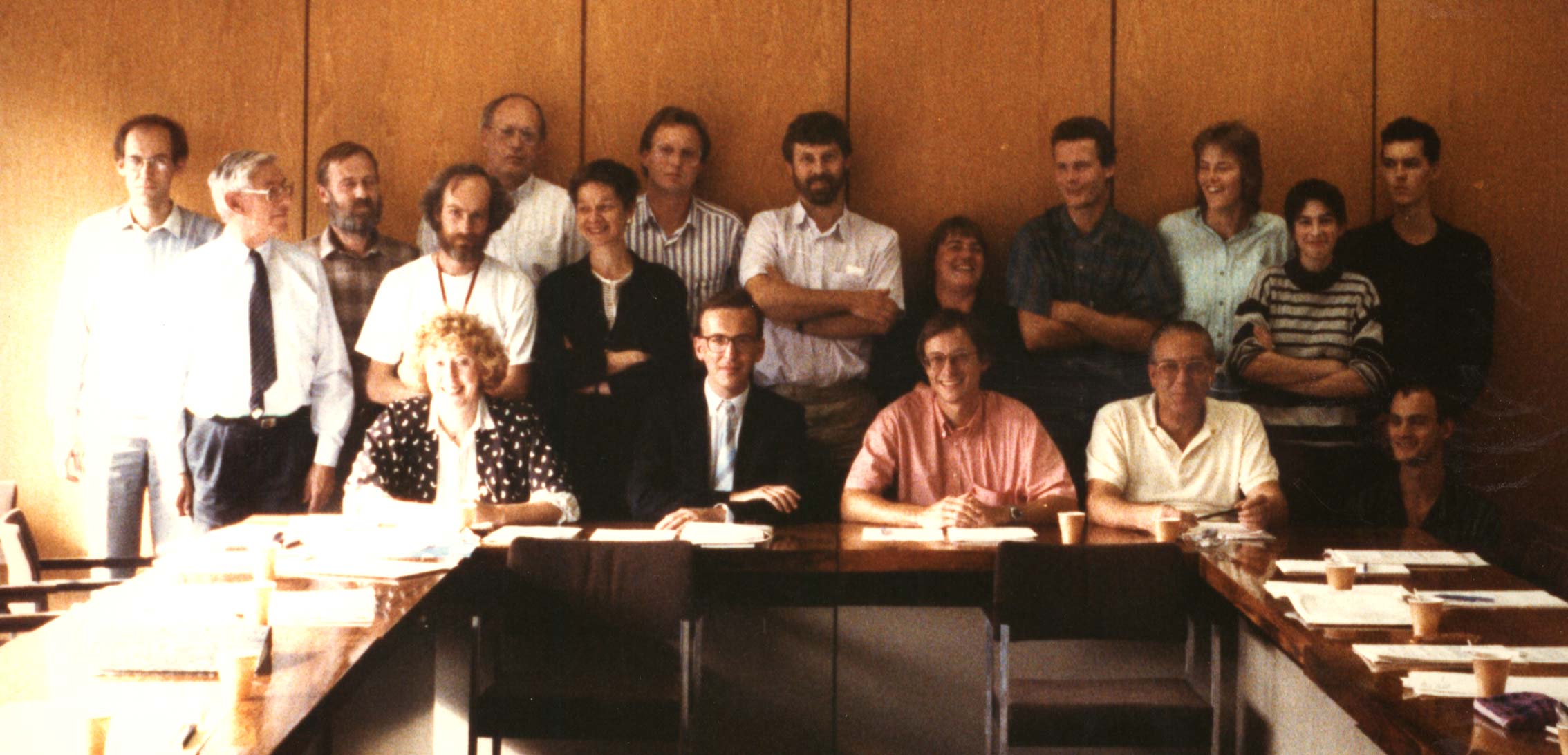 |
Johan and I have been interacting for over 35 years. However these interactions never resulted in a joint paper. We did edit a book together. Given the high frequency of Johan appearing in my picture archive, something which will certainly be exploited by others, it is noticeable hard There are examples however to be found in the group pictures made at the ceremonial meeting when an old faculty councel was replaced by a newly elected one (those were the great days of democracy within the University) and it just so happened that we both were member of either the old or the new council. I did locate two of these groups which I contribute - it will show at the same time many other former colleagues from long time ago. The pictures were made in 1988 and 1991 when we were organised in the FWI (Faculteit Wiskunde en Informatica). Johan; welcome to the great company of retired colleagues (the grey front). -Peter van Emde Boas |
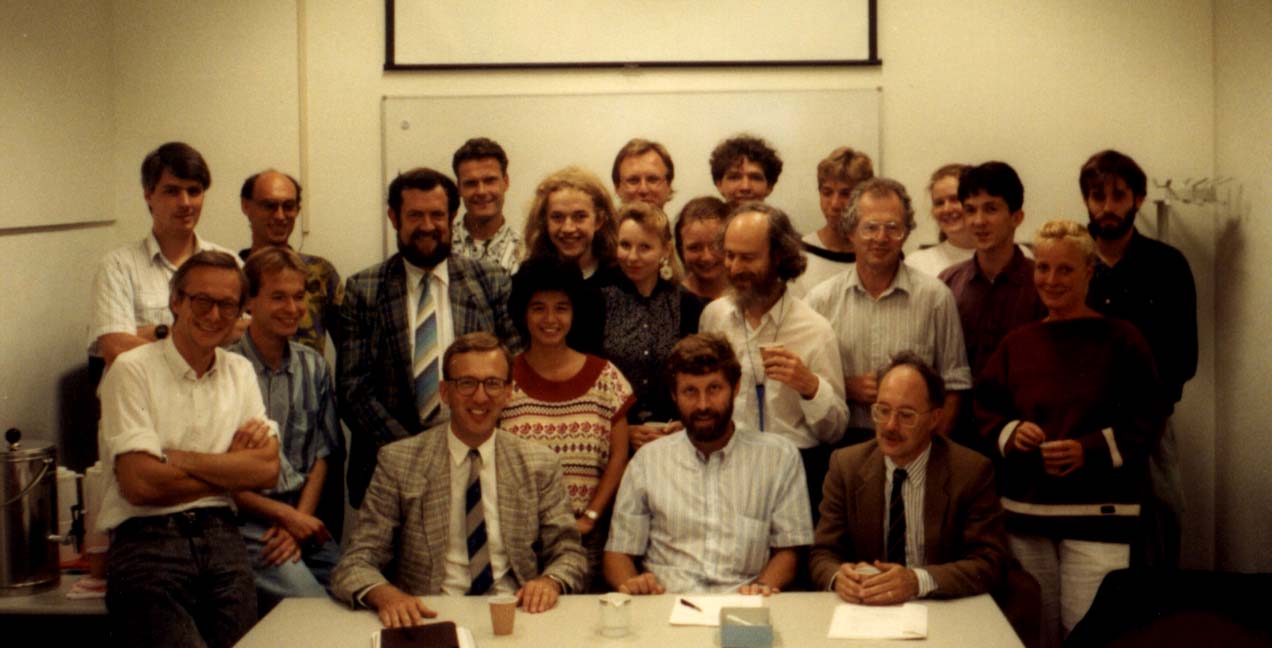 |
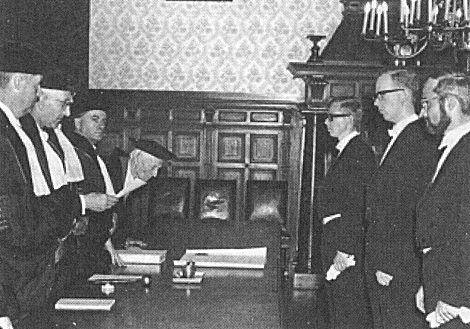 |
Mijn herinneringen aan Johan gaan terug tot de tijd dat hij promovendus was bij het Instituut voor Grondslagen-onderzoek. Zijn officiële promotor had de begeleiding ‘gestaakt’, en Dick de Jongh en ik probeerden het gat te vullen en als klankbord op te treden. In gesprekken gaf Johan — ook toen al — blijk van een grote geestelijke lenigheid en speelsheid, kwaliteiten die de basis van zijn wetenschappelijk succes vormen. Ik bewaar daar een goede herinnering aan. Die gesprekken Uiteindelijk heb ik alles gedaan wat een promotor bij de plechtigheid doen moest, zonder het te zijn. Ik betwijfel of dat volgens het toenmalige promotiereglement wel kon, al vroeg gelukkig niemand daar naar. Twee Johan kent zijn waarde en is ook niet afkerig van de schijnwerpers. Met die eigenschappen kan iemand onuitstaanbaar en arrogant zijn, maar daarvoor wordt Johan behoed door zijn aanstekelijk gevoel voor humor en zijn Ik wil niet zeggen dat hij werkelijk àlles relativeert, want ik heb hem eens diep verontwaardigd meegemaakt, toen op de school van zijn kinderen de sexuele voorlichting op een bijzonder grove en botte manier werd gegeven. Met het steeds verder uitbreiden van zijn werkingssfeer was Johan minder vaak op het ILLC aan te treffen. Ook ik kwam door mijn emeritaat en verlegging van werkzaamheden minder vaak, dus we treffen elkaar nu nog maar -Anne Troelstra |
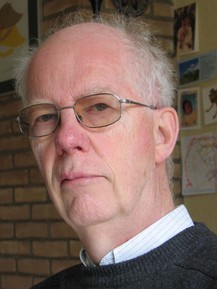 |
|
|
Wat doe je nu? Ik werkte bij de Universiteit van Amsterdam, waar ik voornamelijk logica-onderwijs gaf aan aan studenten kunstmatige intelligentie (en ook een tijd aan studenten Medische Informatica). Mijn onderzoek lag op het grensgebied van logica, taalfilosofie, wiskunde en informatica, met als thema 'compositionaliteit van betekenis'. Sinds een jaar ben ik met pensioen, maar wetenschappelijk blijf ik met deze onderwerpen actief. Wat is je het meest bijgebleven uit de tijd toen je bij Johan studeerde? Johan kende ik al uit mijn studententijd, we scheelden een studiejaar. De contacten werden intensiever toen ik aan mij proefschrift werkte. Hij begeleidde mijn onderzoek vanuit Groningen, terwijl ik in Amsterdam werkte. Hij gaf uitgebreid commentaar op mijn hoofdstukken. Dat inspireerde mij weer tot veel nieuw werk. Ik bleef het proefschrift maar verbeteren. Op een gegeven moment vond hij het nodig te zeggen dat hij gewoon alles opschreef wat volgens hem nuttig zou kunnen zijn, maar dat het niet de bedoeling was dat ik alles wat hij opmerkte in mijn proefschrift ging uitwerken. Dat hielp om er een punt aan te draaien. Wat heb je van Johan geleerd? Een voorbeeld. Op een avond tijdens een conferentie spraken we over de voordrachten. Ik ontdekte toen een leerzaam verschil in benadering. Ik probeerde de sprekers te volgen, gaf aan wat hun zwakke punten waren, en waar ik het niet meer snapte. Johan deed het anders. Hij lette op de nieuwe gezichtspunten die de spreker aandroeg, zocht naar connecties met zijn eigen werk en inspiratie voor nieuwe ideeën. Dat hielp me om ook voordrachten die ik niet begreep te kunnen waarderen. -Theo Janssen |
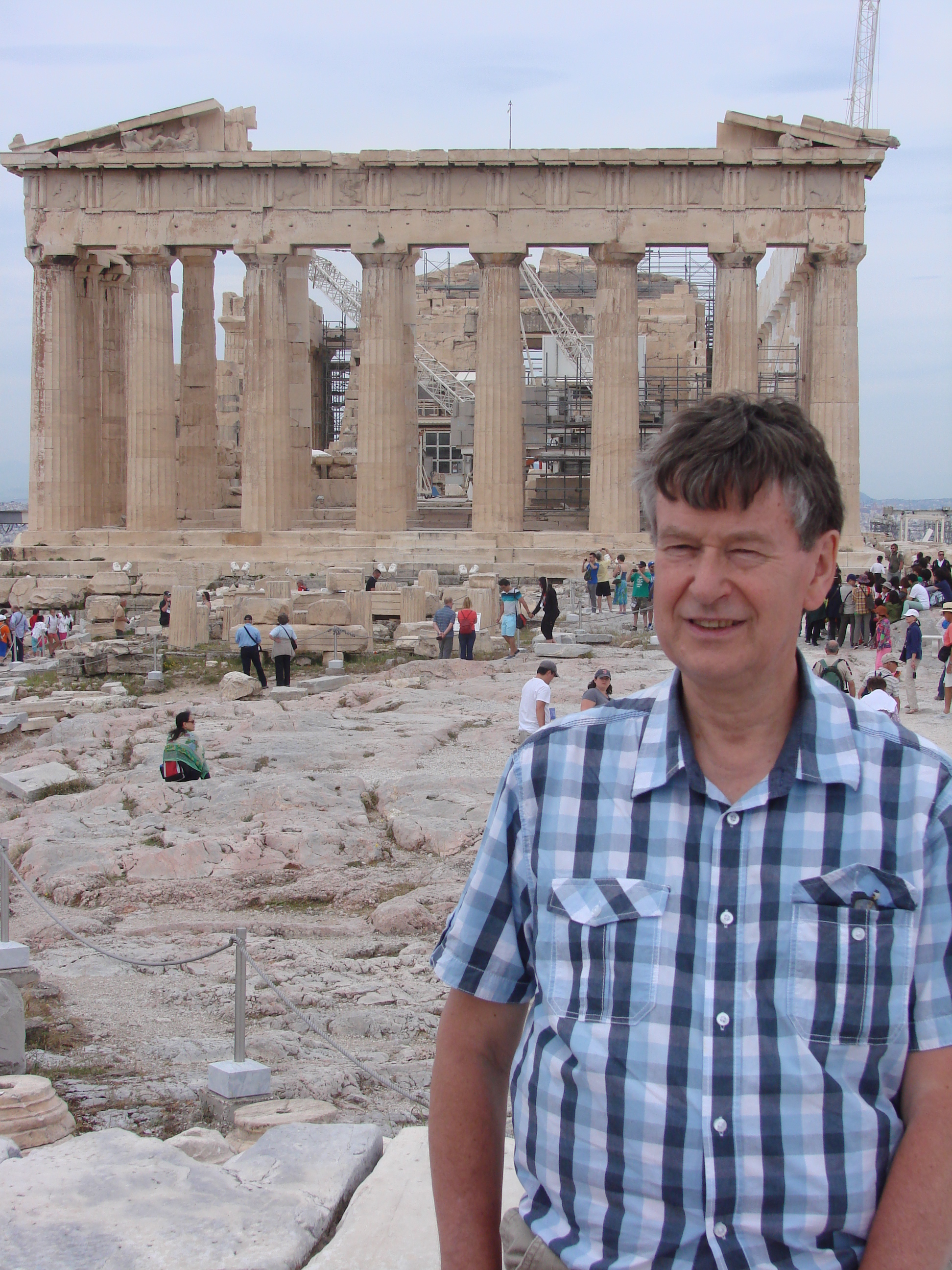 |
|
Do you intend to come over and take part in the celebration? Yes, how could I NOT be there! What are you doing now? Professor of Linguistics, specialisation Natural Language Semantics. Is there still a connection with what you have learned from Johan? Certainly, Johan was the first logician taking Montague Grammar seriously, and taught us to understand Universal Grammar and PTQ in 1974. Besides, Johan and I co-edited the rather voluminous Handbook of Logic and Language in 1997 and its second, revised edition in What is your most vivid memory from the days when you were studying with Johan? His inexplicable enthusiasm in teaching us Segerberg's Bulldozer Theorems, which I could not fanthom to be useful for anything at all. -Alice ter Meulen |
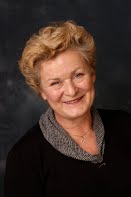 |
|
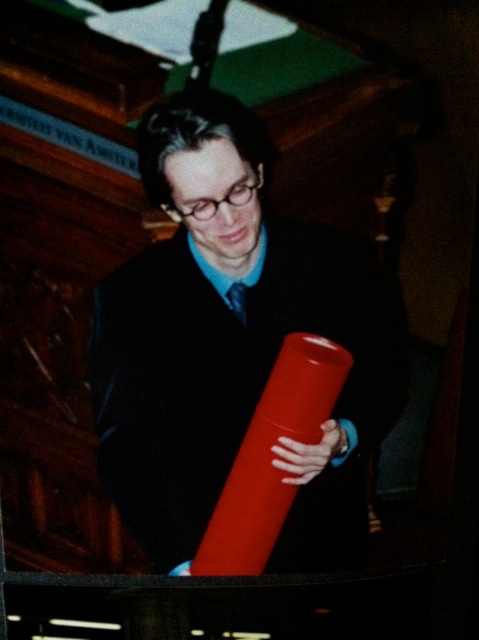 |
Ben je van plan om te komen? Ja. Wat doe je nu? Ik ben docent en onderzoeker bij de faculteit wijsbegeerte van de Rijksuniversiteit Groningen en hoofd van het Kenniscentrum Filosofie. Is er nog een verband met wat je destijds van Johan hebt geleerd? Ja, ik ben net weer aan het nadenken over social software, het onderwerp van mijn proefschrift. De formele logica is weliswaar wat naar de achtergrond verdwenen. Maar de manier van denken over taal en betekenis zoals die in de logica wordt gebruikt, dat is toch eigenlijk nog steeds hoe ik naar de wereld kijk. Wat is je het meest bijgebleven uit de tijd dat je bij Johan studeerde? Een ding dat me is bijgebleven is: Hoe Johan over de relatie tussen verschillende onderwerpen nadacht. Hiervoor heeft hij vaak de wiskundige taal van breuken en vergelijkingen gebruikt, en dit heeft vaak tot interessante nieuwe vragen geleid. Bijvoorbeeld: Welke x is de goede oplossing voor de volgende vergelijking: modale logica / predicaatlogica= coalitielogica / x ? -Marc Pauly |
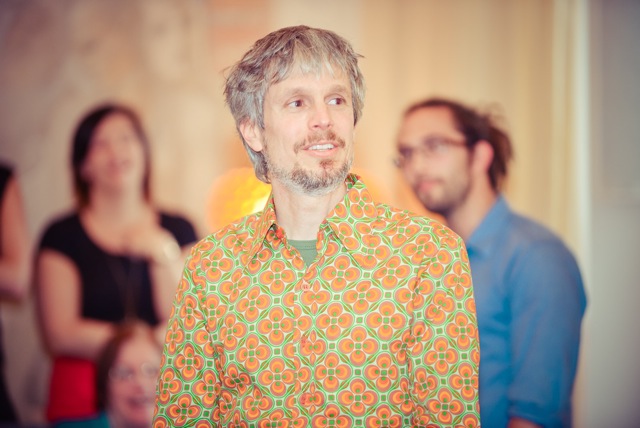 |
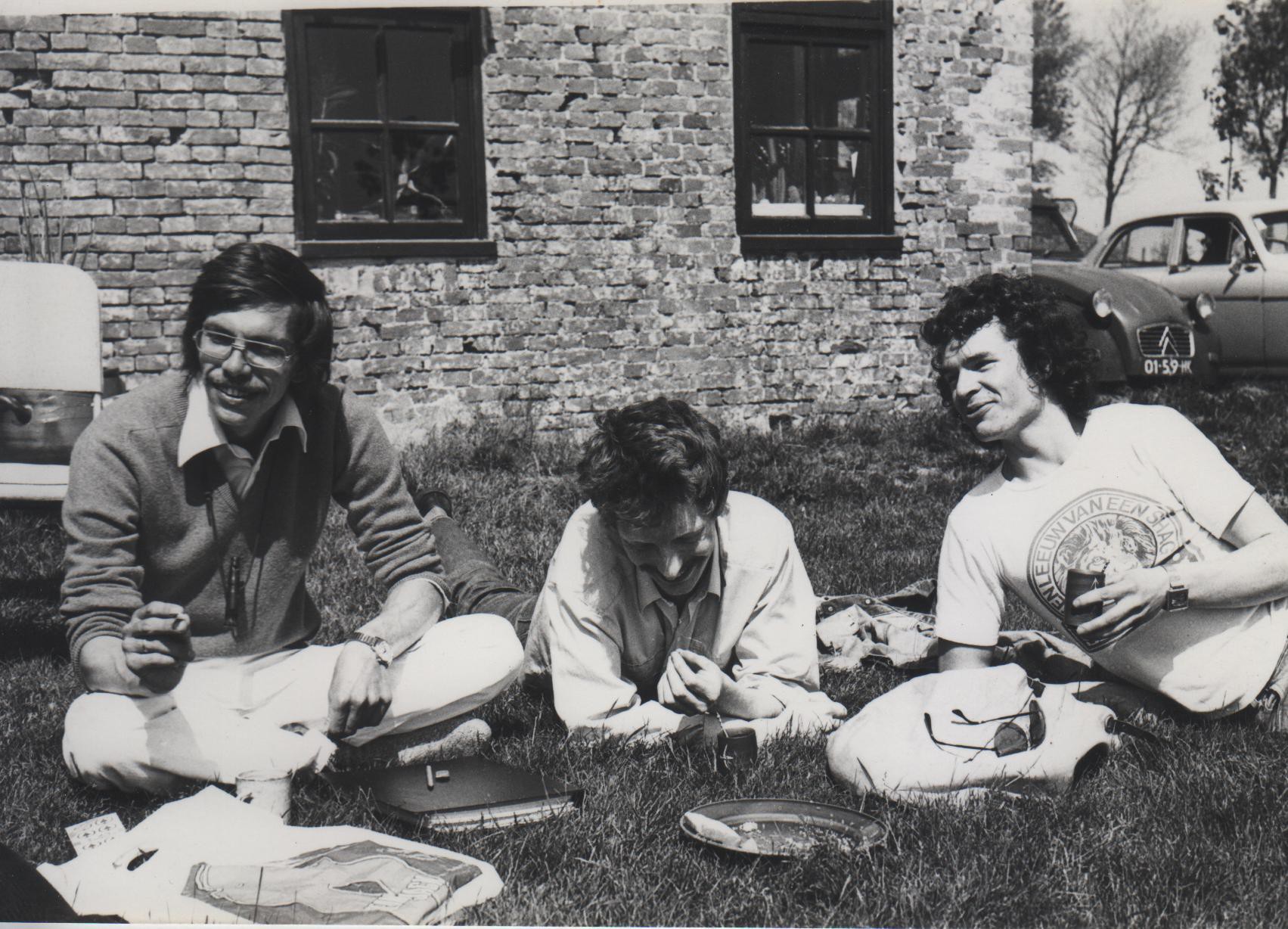 |
Ben je van plan te komen? Beslist. Wat doe je nu? Ik werk bij het departement Filosofie in Tilburg en bij TiLPS, het Tilburg Center for Logic, Ethics, and Philosophy of Science. Is er nog een verband met wat je destijds van Johan hebt geleerd? Absoluut. Mijn belangstelling ligt voornamelijk op het gebied logica en natuurlijke taal. Ik vind het fascinerend om aspecten van de gewone taal te modelleren met behulp van logica. Daarbij gaat het dan om vormaspecten (syntaxis), betekenisaspecten (semantiek), en de laatste tijd ook steeds vaker om verwerkingsaspecten. Wanneer je de systematiek van de gewone taal probeert te vangen met behulp van logica blijkt keer op keer dat de interactie twee kanten op moet gaan omdat in de wiskundige logica standaard nogal wat aannamen verborgen zitten (bijvoorbeeld tweewaardigheid, of het extensionaliteitsaxioma van hogere orde logica) die voor het formaliseren van de wiskunde wel een goed idee zijn, maar voor het formaliseren van taal niet. De taalkundige toepassing van logica inspireert dus ook tot het bestuderen van veralgemeniseringen van de klassieke logica. In vrijwel alle aspecten van dit onderzoek maak ik gebruik van dingen die ik van Johan geleerd heb en bouw ik voort op zaken die Johan binnen dit deel van het vakgebied in gang gezet heeft. Het gaat daarbij dan niet alleen om technicalia en om onderwerpen die Johan heeft aangedragen, maar ook, breder, om perspectieven op het vak en de op de positie van de logica als verbindings-schakel tussen de exactewetenschappen en de humaniora. Wat is je het meest bijgebleven uit de tijd dat je bij Johan studeerde? Ik ken Johan al heel lang, vanaf het moment dat hij in Groningen kwam doceren, in de jaren '70, waar ik student filosofie was. Voordat hij kwam had ik al bedacht dat logica mijn onderwerp moest zijn en was ik zelfs al vaag geinteresseerd geraakt in mijn huidige deelonderwerp (en in het werk van Richard Montague), maar er was op dat moment geen echte logicus meer in Groningen. Ik had dus buitengewoon veel mazzel dat Johan plots naar het Noorden migreerde. Wat me bijgebleven is, ook uit de periode dat Johan later, samen met Dick de Jongh, mijn promotor was, waren natuurlijk zijn brille en de enorme breedte van zijn belangstelling, maar ook de onwaarschijnlijke -Reinhard Muskens |
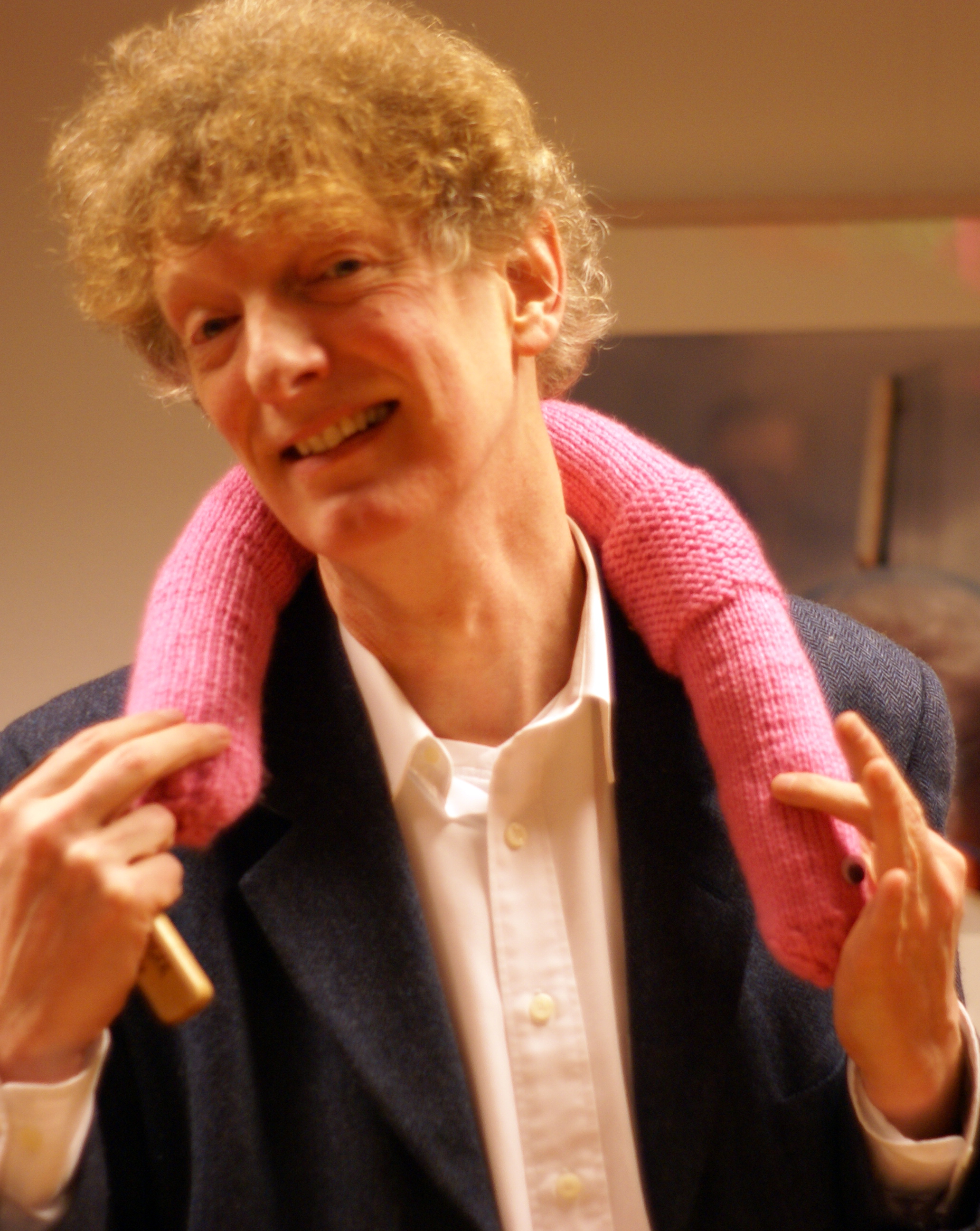 |
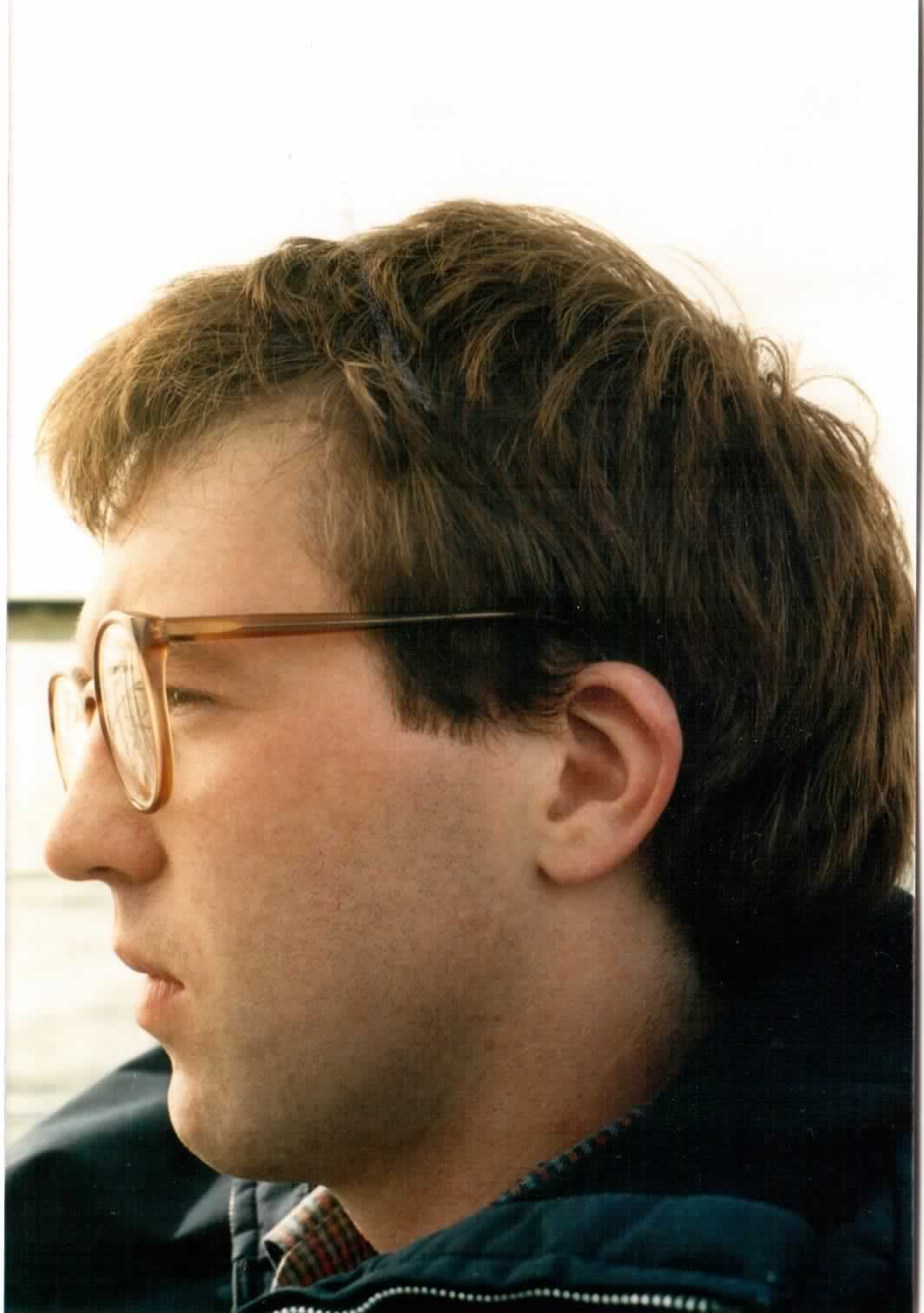 |
Do you intend to come over and take part in the celebration? Yes, I do intend to come along and to congratulate Johan. What are you doing now? Nowadays I am a professor of logic and epistemology at the university of Bochum, Germany, see: http://www.ruhr-uni-bochum.de/philosophy/logic/ Is there still a connection with what you have learned from Johan? Since I am working as a philosophical logician and since Johan has made so many contributions to logic, the connections abound. - What is your most vivid memory from the days when you were studying with Johan? There is no unique most vivid memory, but there are many lively memories. I vividly remember, for example, receiving Johan's hand-written comments on topics of my PhD thesis. -Heinrich Wansing |
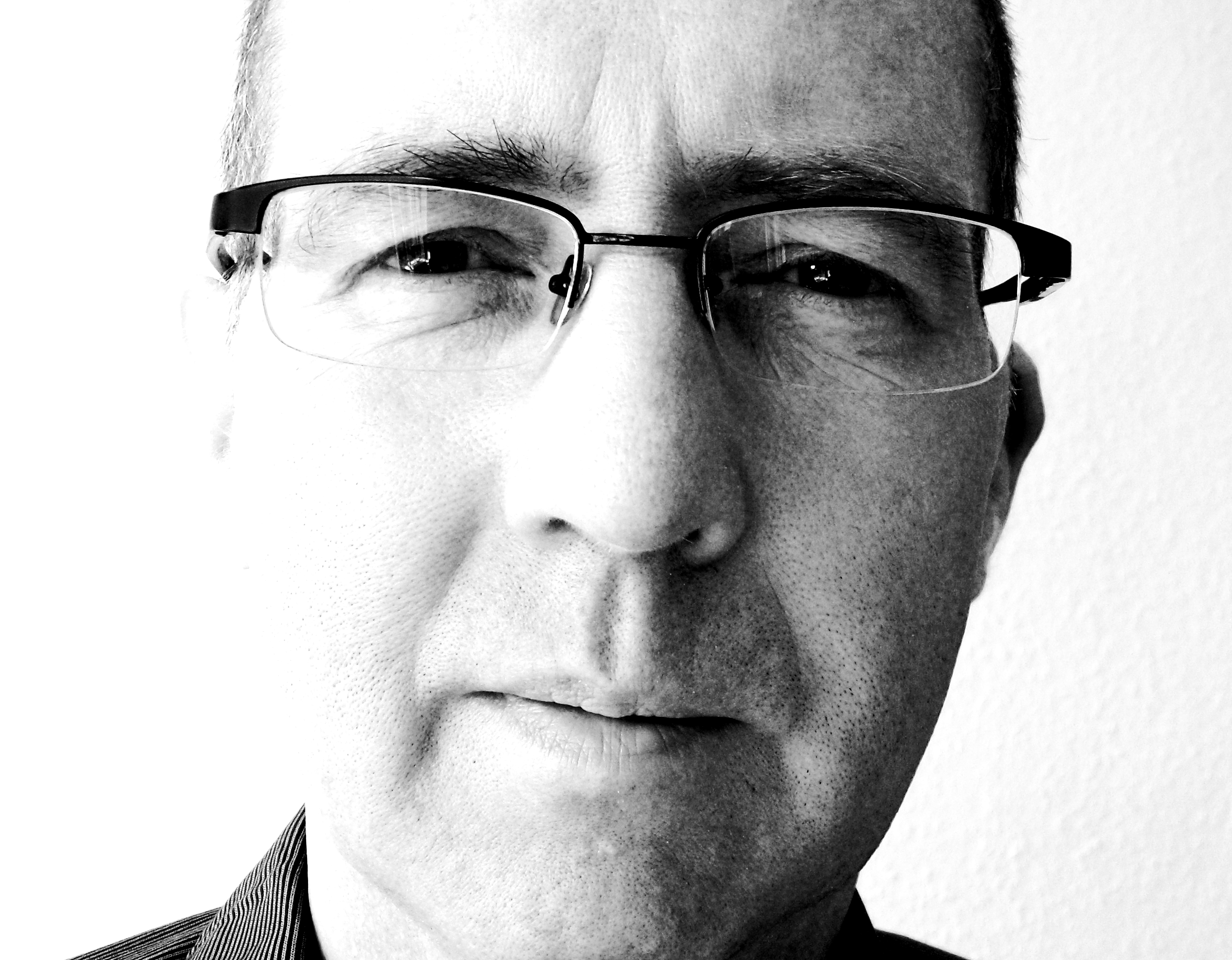 |
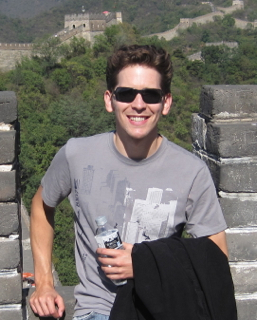 |
Do you intend to come over and take part in the celebration? Yes! What are you doing now? I am an Assistant Professor of Philosophy and a Faculty Member of the Group in Logic and the Methodology of Science at the University of California, Berkeley. Among many great things about being at Berkeley, one is the proximity to Johan Is there still a connection with what you have learned from Johan? Definitely! There are many connections between my current work and what I learned--and continue to learn--from Johan. What is your most vivid memory from the days when you were studying with Johan? I have many vivid memories of Johan from my recent student days, but I especially like to remember the beauty of Johan's lectures in his modal logic course at Stanford. The chalk board was like a work of art by the end of each session! I also have fond memories of Johan's Tarski Lectures at Berkeley, which elegantly displayed his trademark logical style. -Wesley Holliday |
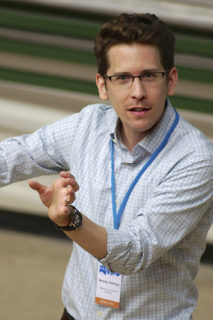 |
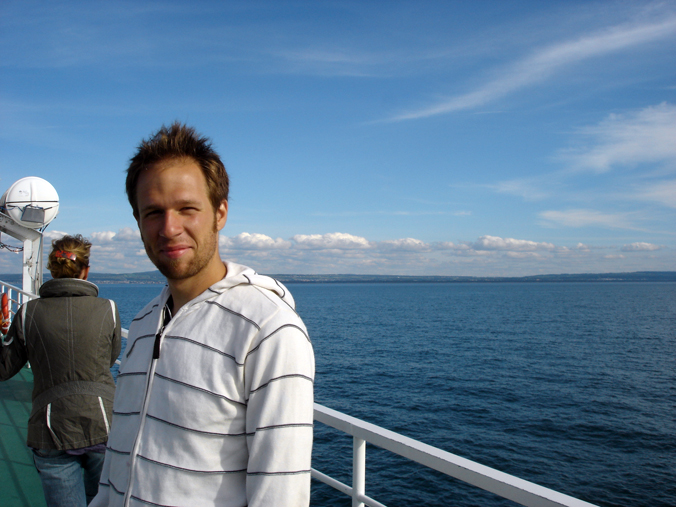 |
Do you intend to come over and take part in the celebration? Yes, I'll be there. What are you doing now? I am professor at the department of philosophy at the University of Bayreuth, in Germany. -Olivier Roy |
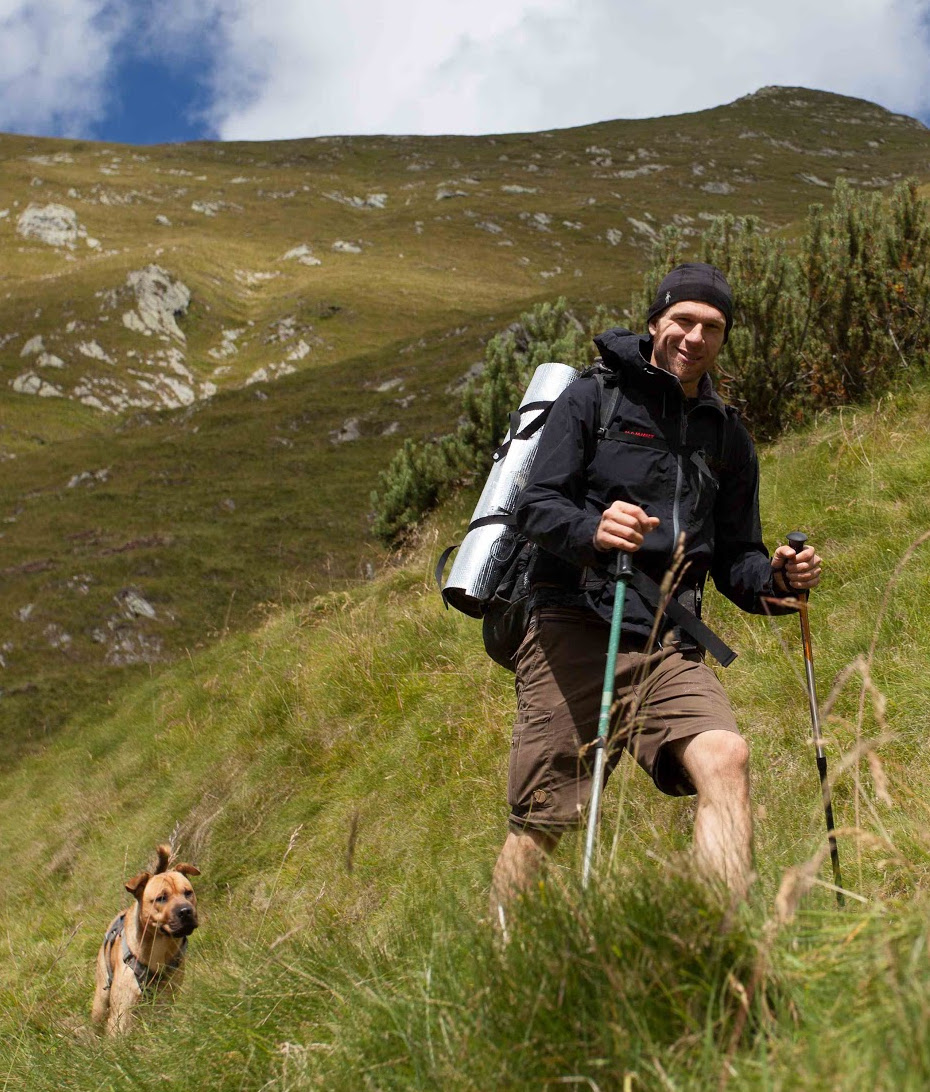 |
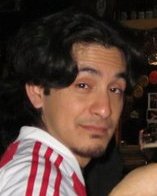 |
Do you intend to come over and take part in the celebration? I'll do my best, but my resident permit expires at the end of September and I am in the process of extending it. Enjoying administrative procedures like this are the perks of not being European. What are you doing now? I am a postdoc at the University of Seville, teaching undergraduate students and doing research. Is there still a connection with what you have learned from Johan? I teach propositional logic using updates, and my research focusses on What is your most vivid memory from the days when you were studying with Johan? There are several, many of them when we initiated working meetings by discussing topics unrelated to logic. Still, the first that comes to my mind was the first time I met him, before I became his student. It was on 17 of May, 2006 (you will see why I know the precise date) and, after exchanging pleasantries, the first question he asked me was "Do you know who won the champions league final?" I was happy to tell him that Barcelona had won, and I still remember his answer: "Oh, good!". -Fernando Velázquez Quesada |
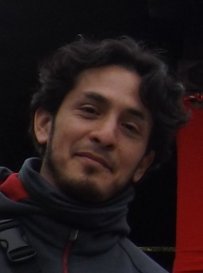 |
 |
Do you intend to come over and take part in the celebration? Unfortunately I will be travelling in the Far East at the time of the celebration. What are you doing now? I am an architect of systems for the Higher Education sector. I used to build engines to help people build software, and today I support the technical aspects of the pre-sales process. Is there still a connection with what you have learned from Johan? Johan was the one who guided me through the final months of the redaction of my thesis and I think there is not a day where I do not try to apply his repeated advise: find the connection and refocus! What is your most vivid memory from the days when you were studying with Johan? Johan's passion for the Roman Empire and gladiators ... and when Johan was closing his eyes, starting to speak loud his thoughts and badaboum here was a new set of hypotheses and links to be digested and further investigated. -Gwen Kerdiles |
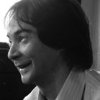 |
|
Ben je van plan om te komen? Ja, op 26 september. Wat doe je nu? Ik ben hoogleraar logica en cognitiewetenschap aan het Departement Wijsbegeerte van de UvA. Is er nog een verband met wat je destijds van Johan hebt geleerd? Van Johan heb ik geleerd dat wiskunde bekeken kan worden Wat is je het meest bijgebleven uit de tijd dat je bij Johan studeerde? De tijd dat we allebei gefascineerd raakten door de -Michiel van Lambalgen |
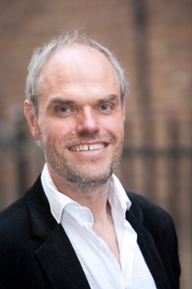 |
|
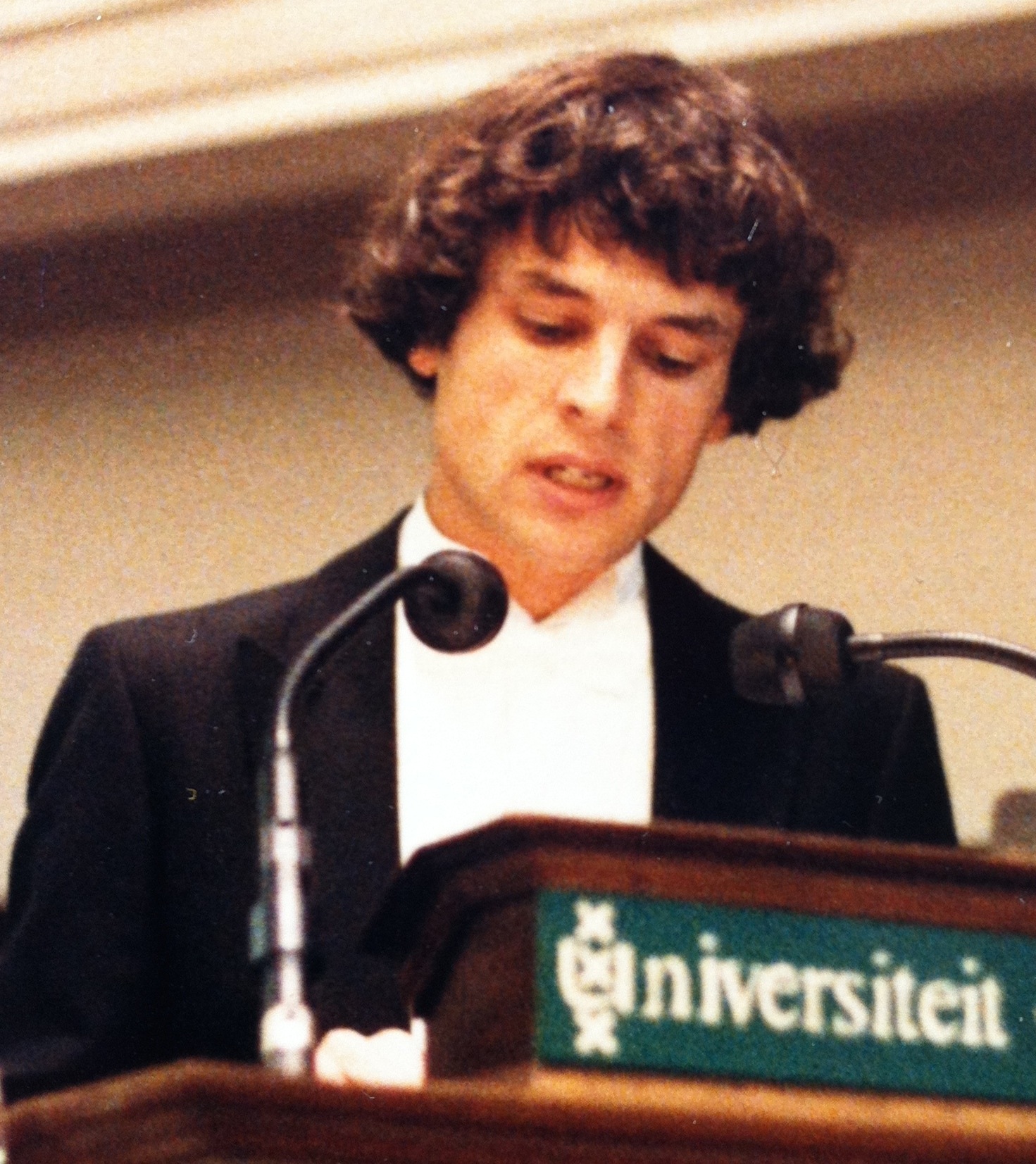 |
Do you intend to come over and take part in the celebration? Certainly, meals/drinks included. What are you doing now? Since 1989 professor of computational linguistics at Utrecht University. Is there still a connection with what you have learned from Johan? I am working on typelogical grammars, more in general natural language reasoning with finite computational resources. Johan's work in the 1980s and 1990s has been instrumental in shaping that field. What is your most vivid memory from the days when you were studying with Johan? Hmm, I didn't properly "study" with Johan, regrettably: my training is in linguistics. When I came to Holland in the late seventies, the country was seen as the stronghold of generative grammar in Europe, but soon I became increasingly disappointed by the direction that field was taking: formalisation was considered "premature" if not downright irrelevant, etc. When I got to know Johan in the early 1980s, I learned from him how patterns in natural language syntax and semantics and reasoning could be studied with logical means. It was like a window being thrown open, letting in the fresh air of logic. An anecdote maybe? It shows that Johan is right about treating actions as first class citizens, but also that this insight doesn't guarantee success. The story is set in 1994, in the period leading up to the Logic, Methodology and Philosophy of Science conference which would be hosted by Firenze in 1995. Johan was the chair of the general programme committee. Obviously, an event of this scale offered great opportunities for the enactment of animosities between the various communities involved. We had been attending a logic and language conference in Rome, and during the banquet, with all the rivalling parties assembled around the table, Johan thought this was a good moment to start a rational discussion about the benefits of collaboration etc. Things didn't work out well though. Every time Johan broached the subject of collaboration, a new course of antipasti would be ordered in, one more delicious than the other, so as to completely absorb the attention of all parties concerned and become the sole topic of conversation. A series of attempts at rational interaction thwarted by ever so many seafood dishes: can one imagine a more eloquent statement made by a course of frutti di mare? -Michael Moortgat |
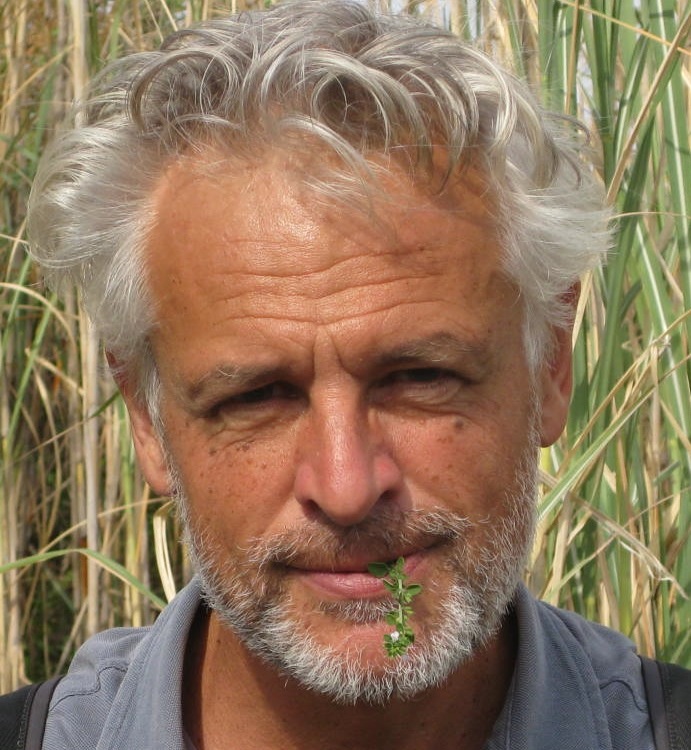 |
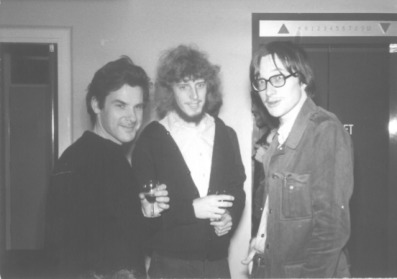 |
Ben je van plan om te komen? Ja. Wat doe je nu? Ik loop nog altijd rond op het ILLC. Is er nog een verband met wat je destijds van Johan hebt geleerd? Toen ik in 1972 terugkwam naar de UvA vanuit de V.S. als jonge medewerker liep daar een nog veel jongere medewerker rond. Hij bracht me voor het eerst in contact met bewijsbaarheidslogica en al daarvoor in temporele logica. Sindsdien ben ik door hem in vele ander gebieden geïnteresseerd geraakt. Op dit moment bouw ik voort op een artikel waar we beiden 20 jaar geleden bij betrokken waren. Wat is je het meest bijgebleven uit de tijd dat je bij Johan studeerde? Ik had wat opmerkingen gemaakt over een artikel van Johan die hem niet helemaal duidelijk waren. We hadden afgesproken om die samen door te nemen. Hij kwam bij me op mijn kamer op het instutuut gepakt en gezakt voor een vakantie in Oostenrijk waarheen hij die avond met de trein zou vertrekken. Na ons gesprek zou ik met hem mee lopen naar het station, waarbij we onderweg wat zouden eten. Na een lange en moeilijke discussie waren we er uit en was het helder wat er met de punten gedaan moest worden. Er was nog 2 uur te gaan voor de vertrektijd van de trein, ik was moe en stelde, zullen we gaan? Nee, zei hij, eerst de veranderingen aanbrengen. Alles werd helemaal precies opgeschreven voor we vertrokken. Onderweg naar het station aten we snel bij een Spanjaard in de Warmoesstraat; 5 minuten voor tijd leverde ik hem af bij het station. Ik had een andere orde van discipline en efficiency leren kennen. -Dick de Jongh |
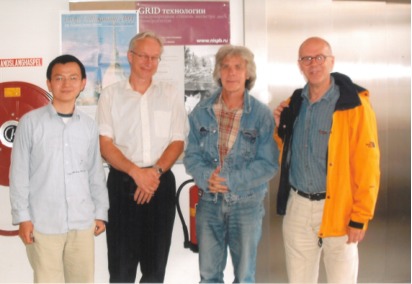 |
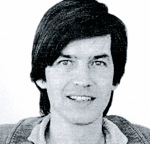 |
Ben je van plan om te komen? Ik zal er zeker bij zijn. Wat doe je nu? Ik geniet van mijn pensioen. Dat wil zeggen, wat eerst mijn werk was, is nu mijn hobby. Is er nog een verband met wat je destijds van Johan hebt geleerd? Mijn opvattingen over "het vak", en wat daar te doen staat, zijn voor een groot deel door Johan ingegeven. Wat is je het meest bijgebleven uit de tijd dat je bij Johan studeerde? Johan wordt niet dikwijls kwaad. Maar ik herinner me nog goed die keer dat hij me uitlegde dat de kwaliteit van een hoofdstuk van een proefschrift niet lineair toeneemt met de erin geïnvesteerde tijd. Hij tekende er een grafiek bij waarin de kwaliteit k tegen de tijd t werd uitgezet en waarin de afgeleide dk/dt overduidelijk en nogal snel naar 0 daalde. — "en jij zit nou ergens hier, in de buurt van 0,001. Dus draai er een punt aan". Op mijzelf heeft die uitbarsting niet zoveel effect gehad, maar ik heb het argument een aantal keren met succes bij mijn eigen promovendi gebruikt. -Frank Veltman |
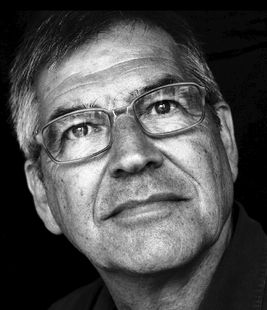 |
 |
Ben je van plan om te komen? Zeker. Wat doe je nu? Ik ben auto-entrepreneur (in het NLs: ZZP'er). Ik schrijf, programmeer en geef les. Is er nog een verband met wat je destijds van Johan hebt geleerd? Ik geef in de winter jaarlijks nog inleidende cursussen logica voor een breed publiek Johans lessen reiken evenwel verder dan logica. Met name zijn stijl van onderwijs als ware het een persoonlijke herbeleving van de stof heb ik getracht ter harte te nemen. Wat is je het meest bijgebleven uit de tijd dat je bij Johan studeerde? Het eerste college Logische Semantiek (1986), dat voor een doorslaggevende wending De tijden waren somber: economische recessie onder de overwaaiende wolken Ik had netjes mijn kandidaats wiskunde afgerond, maar was daarna een dubbele sabbatical van bijvakken gaan doen.Ik was een van de laatste 'oude stijl' studenten, en de kunst was om zo lang en zo veel mogelijk te studeren zonder ingehaald te worden door de 'tweefasenstructuur'. Het werd zodoende tijd om mijn wiskundestudie af te ronden. Johans college was precies wat ik hiervoor nodig had. Hier gebeurde totaal iets anders dan hetgeen ik voordien gewend was getrakteerd te krijgen bij wiskundecolleges. In die dagen heerste nog het Bourbaki-regime van De handouts waren nog warm van Na een paar van deze overdonderende colleges ben ik op hem afgestapt met het stoutmoedige plan om bij hem af te Ik heb het genoegen gehad om door de jaren heen veel met Johan les te geven voor heel veel verschillende soorten -Jan Jaspars |
 |
 |
Do you intend to come over and take part in the celebration? No, unfortunately I cannot. I will spend these days on the beautiful island of Madeira – in order to do logic, of course (JELIA 2014). What are you doing now? I am a philosophy professor at the University of Regensburg. Is there still a connection with what you have learned from Johan? Of course, and I am still learning from him! For example, I was delighted to see, later than late, his axiom for almost-connectedness. I hope that we'll stay fully connected, Johan! What is your most vivid memory from the days when you were studying with Johan? I remember Johan best from my wonderful time in Amsterdam in the years 1997-1999. I still have this UvA promotional postcard in my drawer with a picture of Johan on the front and his characteristic statement 'Informatie is de enige grondstof die groeit in het gebruik.' Since then I have come to appreciate this as a deep philosophical insight. On a somewhat lighter note, I remember that just after I had come to Amsterdam, there was a serious logic workshop with Johan as the main speaker. Everybody was expecting him to talk about the exploration of logical dynamics and how it relates to modal logic, but he gave a long, detailed and very amusing lecture on the life and death of the 17th century statesman and mathematician Johan de Witt, a contemporary of Spinoza. I admire Johan's intellectual inspiration, his open-mindedness, his boundless energy, his friendly determination, his good spirits (even in the face of temporary disappointments) and, by no means least, his kindness. I am still grateful to Johan in many ways. Oh yes – and if NWO is ever going to institute a De Witt Award, Johan should definitely be the first awardee! -Hans Rott |
 |
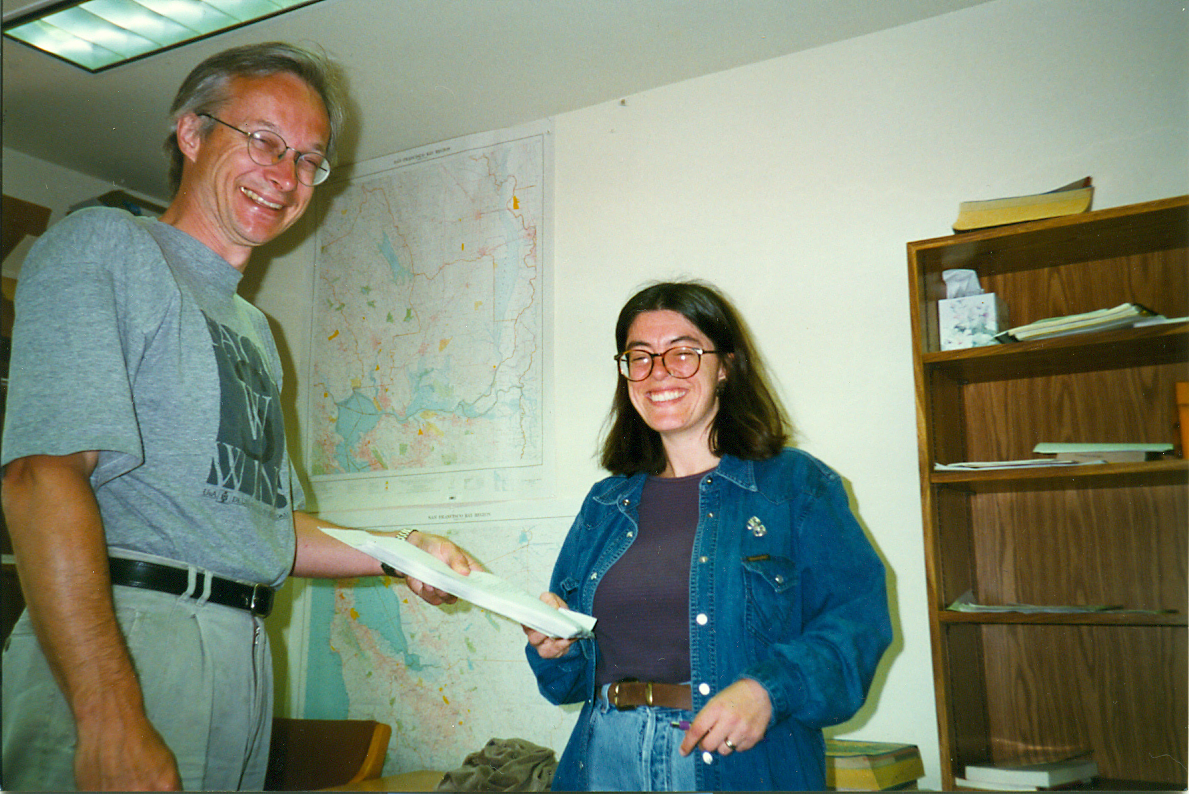 |
-Atocha Aliseda |
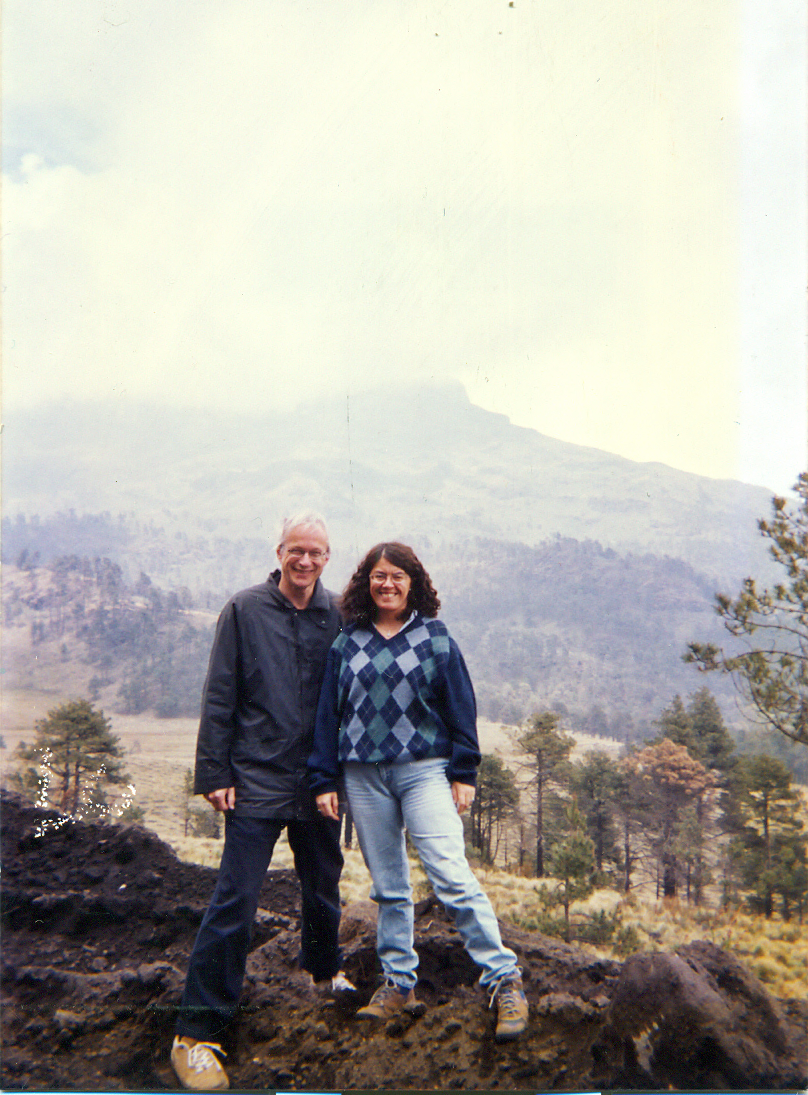 |
 |
Do you intend to come over and take part in the celebration? Yes, of course I will be there. What are you doing now? I am assistant professor and researcher at the ILLC, University of Amsterdam. Is there still a connection with what you have learned from Johan? My research is at the intersection between logic, language and philosophy, an area Johan helped shaping. And I still teach to my students Johan's seminal work on tense logic and generalized quantifiers. What is your most vivid memory from the days when you were studying with Johan? I know Johan since 1991 when I came to Amsterdam as a bachelor student in a Erasmus exchange project he had established with my home university in Milan. So without Johan I would have never come to Amsterdam and my life would have had a different shape now. My most vivid memory of his teaching is him discussing scholastic philosophy during a class on Recursion Theory. This is typical Johan, of his broadness and his talent to render entertaining even the most technical topics. The picture on the left is from a hiking in Stanford. After the walk (the longest of my life) I could barely stand on my bleeding feet, but Johan, of course, was as fresh as a rose! -Maria Aloni |
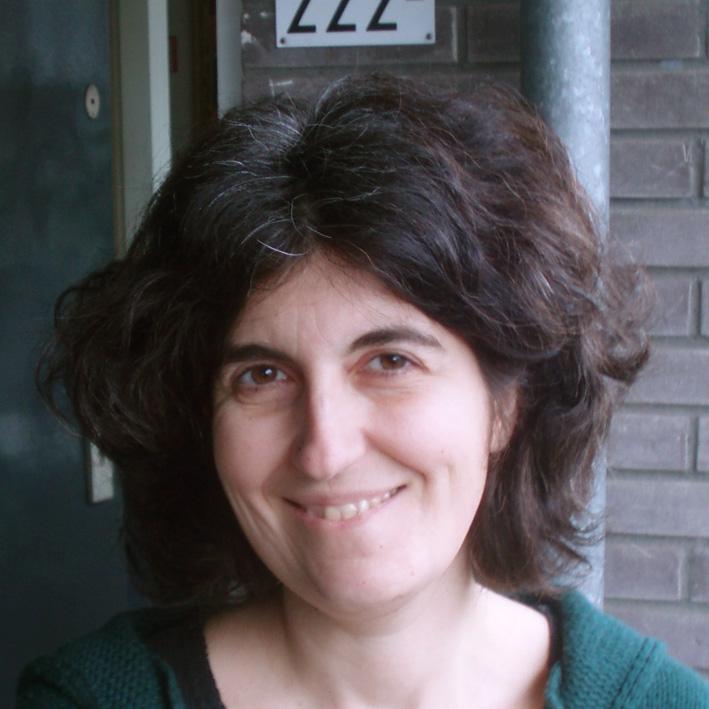 |
| |
Ben je van plan om te komen? Ja, lijkt me heel inspirerend. Wat doe je nu? Ik houd mij als politicologe - bestuurskundige bezig met gebruik van Big data ter bevordering van klantvriendelijkheid binnen de rechtspraak. Is er nog een verband met wat je destijds van Johan hebt geleerd? Ja, het herkennen van patronen en structuren ervaar ik als een uitermate boeiend en belangrijk proces - ook voor niet-bèta's. Wat is je het meest bijgebleven uit de tijd dat je bij Johan studeerde? Zijn gedrevenheid om de colleges tot een succes te maken voor iedereen - van nerd tot debutant. -T.G. |
|
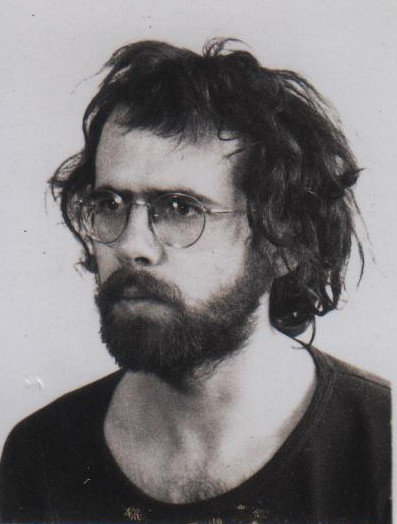 |
Do you intend to come over and take part in the celebration? Yes, I intend to be there, of course. What are you doing now? I am a researcher at the Centrum voor Wiskunde en Informatica (CWI), and part-time professor at ILLC. Is there still a connection with what you have learned from Johan?There are lots of connections, and I am still collaborating with Johan. In my work I am trying to give a computational twist to topics in the logic of communication. One of my interests is epistemic model checking. But I am also involved in a long-term educational project with Johan that started in the days of his Spinoza project. See www.logicinaction.org. What is your most vivid memory from the days when you were studying What is your most vivid memory from the days when you were studying Hedgehogs are naturally kind -Jan van Eijck |
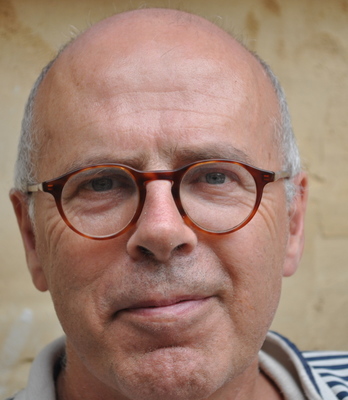 |
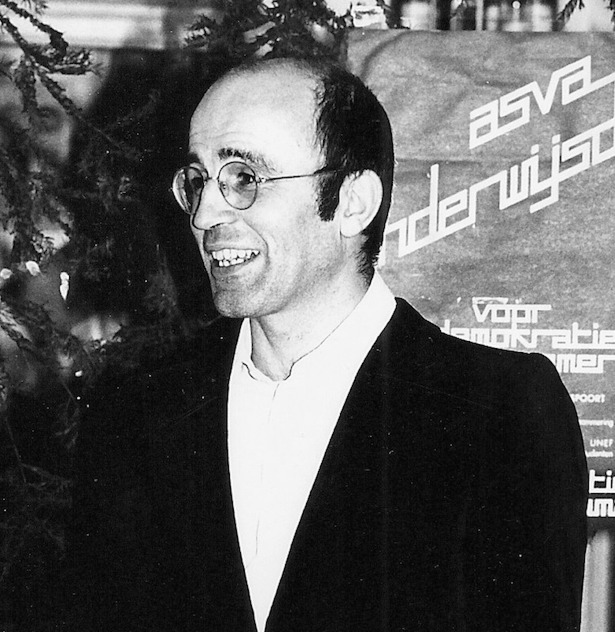 |
Do you intend to come over and take part in the celebration? I live in Amsterdam so it takes just a bike or a walk to get to the Aula and the Nes. What are you doing now? I enjoy being an emeritus professor in linguistics from the Utrecht University because it gives so much time to do research, as Johan will find out soon. Is there still a connection with what you have learned from Johan? (1) In the early eighties Johan had obtained a supramundane status in linguistic circles, well, the small semantic subpart of it, with his 1983-work on the logic of time and with his work on generalized quantification. So I learned a lot from him. At the time, we shared the supervision of Jan van Eyck's Groningen dissertation on quantification (1985) and we repeated this coöperation in Leonoor Oversteegen's Utrecht dissertation on tense (1989). When Johan moved away from linguistics into the logic of action in the nineties, he was always still prepared to comment on papers in progress or to talk about the ideas behind them. Is there still a connection with what you have learned from Johan? (2) Johan,Lida, my wife Gina and I happen to make long walks quite regularly, preferably in the dunes along the coast and although we proceed in different configurations during a walk, there turns out to be ample time for the two of us to exchange ideas about things we are working on, so the learning situation still continues. What are the most vivid memories? When I happened to be near Stanford at the end of 1983, I could step in for the Van Benthem family settling there by driving Lida, Arthur and Lucas around the campus for getting all sorts of things needed. The policeman who wanted to fine me for ignoring a stop sign, melted at the sight of Arthur, still a toddler and sitting next to Lida, and of Lucas in her arm. Two years ago, Gina had won a trip in California and so, when we stopped in Stanford, Arthur proudly let us take Steven----Lida's and Johan's grandson----in our arms. Time flies, as Johan already pointed out in 1983. Johan has indeed obtained a very high position in the Ministry of Long Walks, especially favouring the subdepartment LWM (Long Walks in the Mountains), a remarkable feature for a person married to someone having no head for heights. I remember very well, his iron discipline, somewhere in the nineties, in managing the programme for systematically scanning the mountain ridges in the neighbourhood of our house in France during a couple of days; with temperatures in the eighties. The unremitting high spirits were nearly literally breathtaking. Is there still a connection with what you have learned from Johan? (3) What I very much like in our contact is Johan's fabulous energy and his sense of humour, his pleasure to make the world (look) nicer than it is while knowing it is not so nice. This constructive perspective (which appeals to me being brought up in the same type of world view) explains why Johan has supervised so many many dissertations successfully passing on his admirable optimism about obtaining new insights to his pupils in order to make the world (feel) a little better. -Henk Verkuyl |
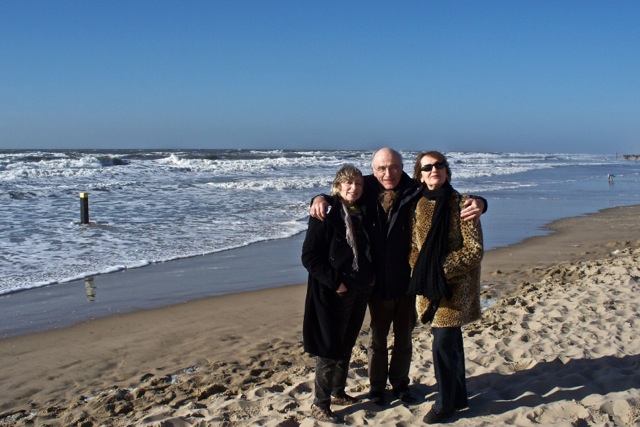 |
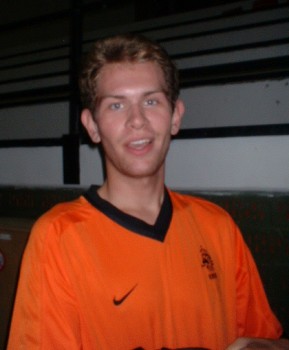 |
Do you intend to come over and take part in the celebration? Unfortunately, I will not be able to attend. What are you doing now? I’m with Philips Research in NY working on radiology and cardiology informatics. Although X-ray, CT and MRI images have great appeal in movies, the profession of interpreting them is rather monotonous and dull (light-deprived rooms and minimal patient interaction) even more so because of outdated software. My research focuses on integrating image, free-text and structured data in a way that’s helpful to the image-interpreting radiologist and cardiologist. Is there still a connection with what you have learned from Johan? Every now and then I ask myself the following question: is my current research in any way connected to my work at the ILLC? So far I’ve always answered this question in the negative. Then I ask myself the rhetorical question if Johan would see a connection between my previous and current research. What is your most vivid memory from the days when you were studying with Johan?In the final year of my Artificial Intelligence studies, I took Johan’s Capita Selecta in Logic course, which was way more advanced than I could handle with the one and a half logic course I had had by then. I was barely able to understand the assignments let alone complete them. Johan’s excitement was very contagious though and the way he explained the material made me feel I actually grasped the main points and saw the connections he drew (until I started working on the assignments). Thanks to several one-on-one sessions with Johan, I passed the course. When I got my degree in AI, inspired by Johan’s course, I took one year of courses in philosophy and logic and gladly accepted a PhD position at the ILLC with Johan and Peter van Emde Boas. Undoubtedly, I would not have dared to even consider accepting the position if Johan had not been such an encouraging teacher who consistently emphasized the good qualities in other people’s insights and thought processes… Without Johan, I would not have been the researcher I am today. -Merlijn Sevenster |
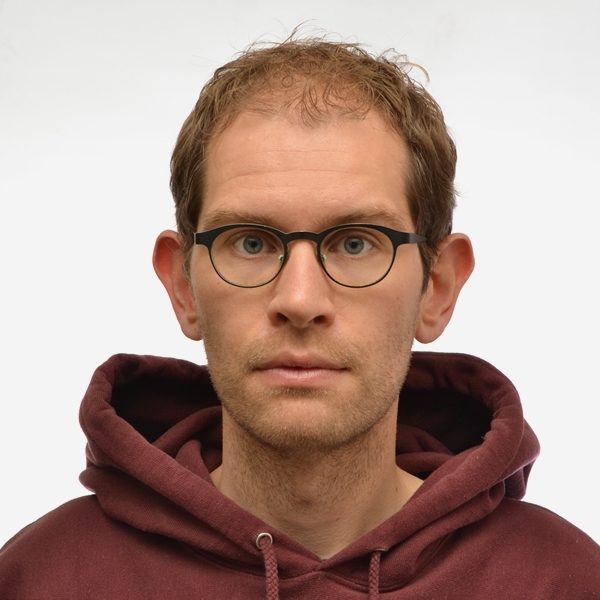 |
|
-Wojciech Buszkowski -Maciej Kandulski |
If you wish to add a personal note, please email your message to illc@uva.nl.


